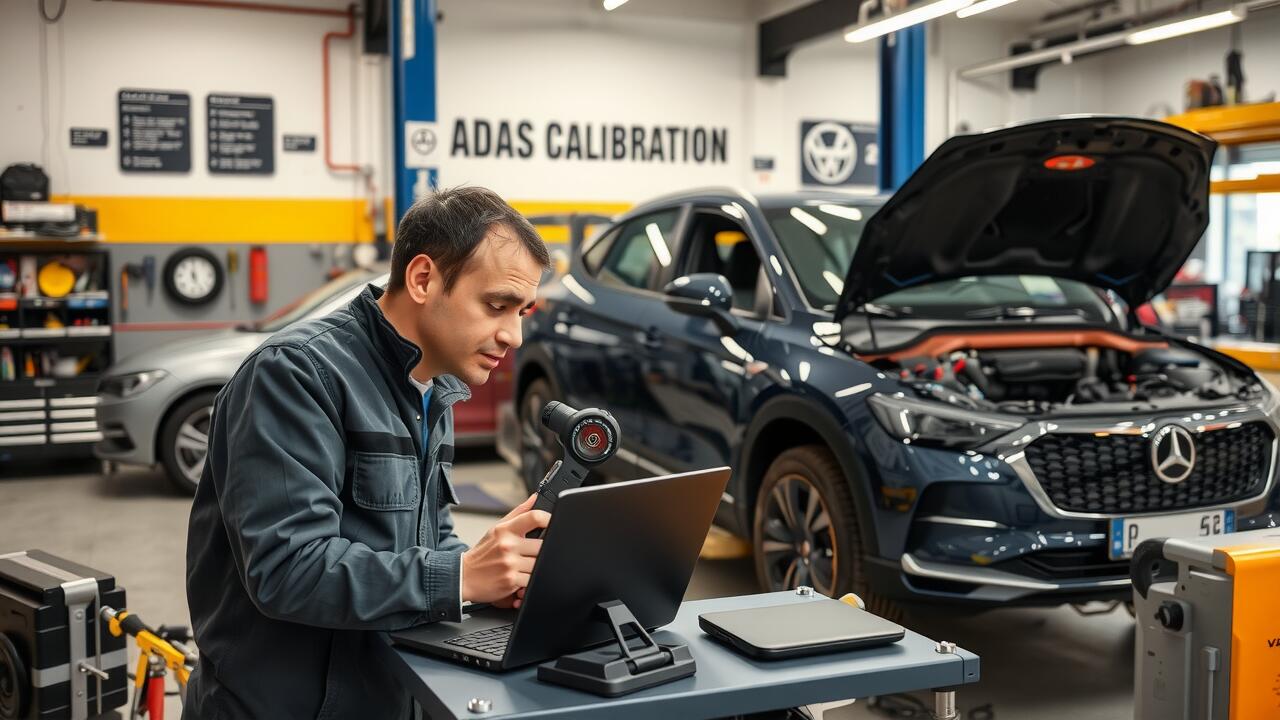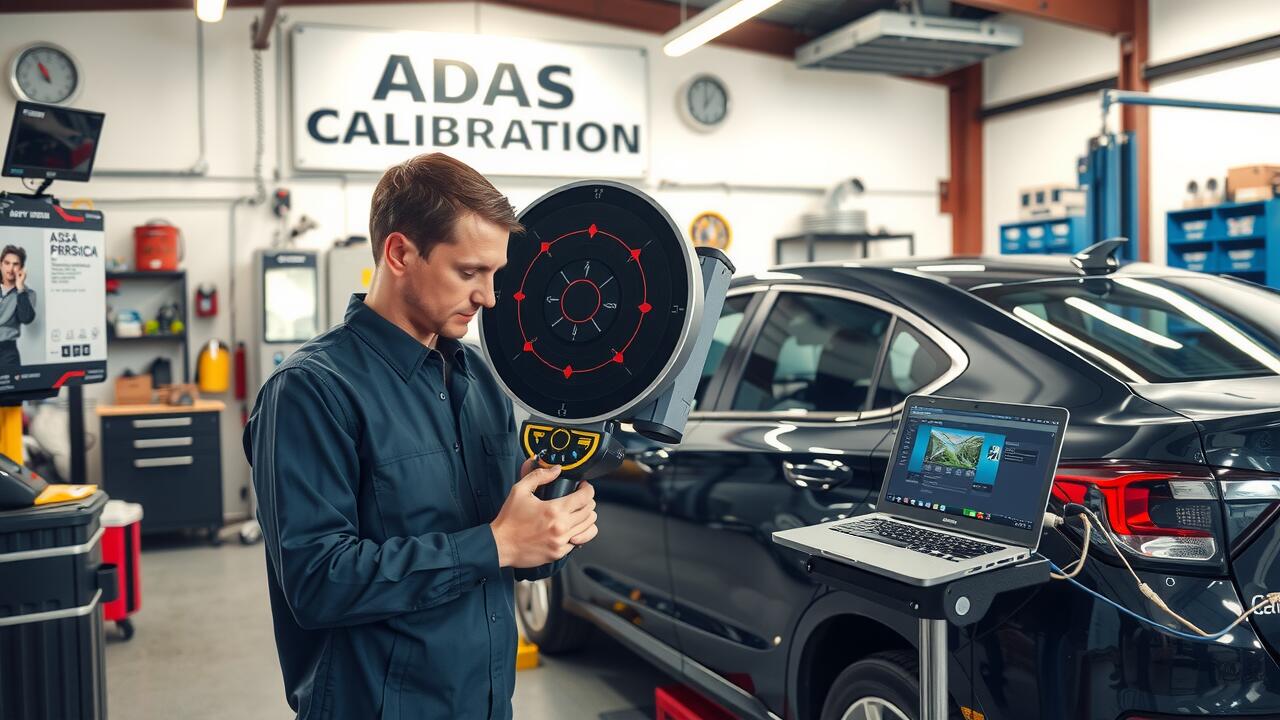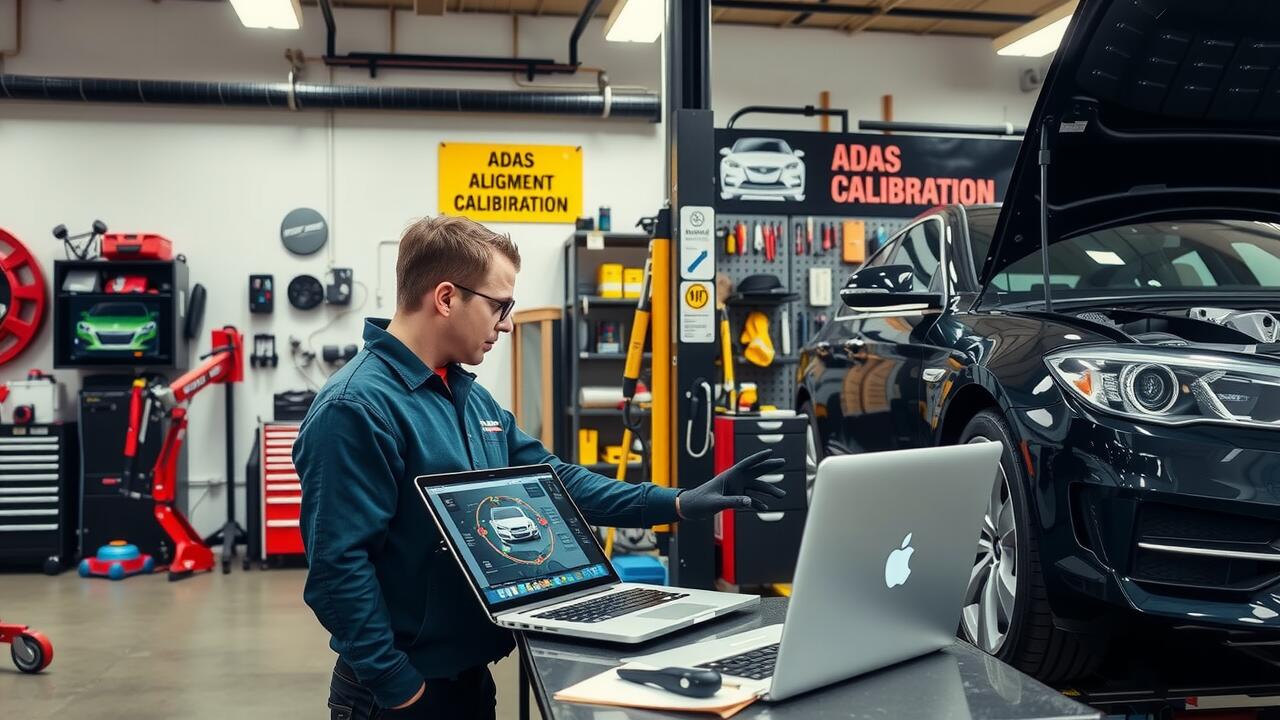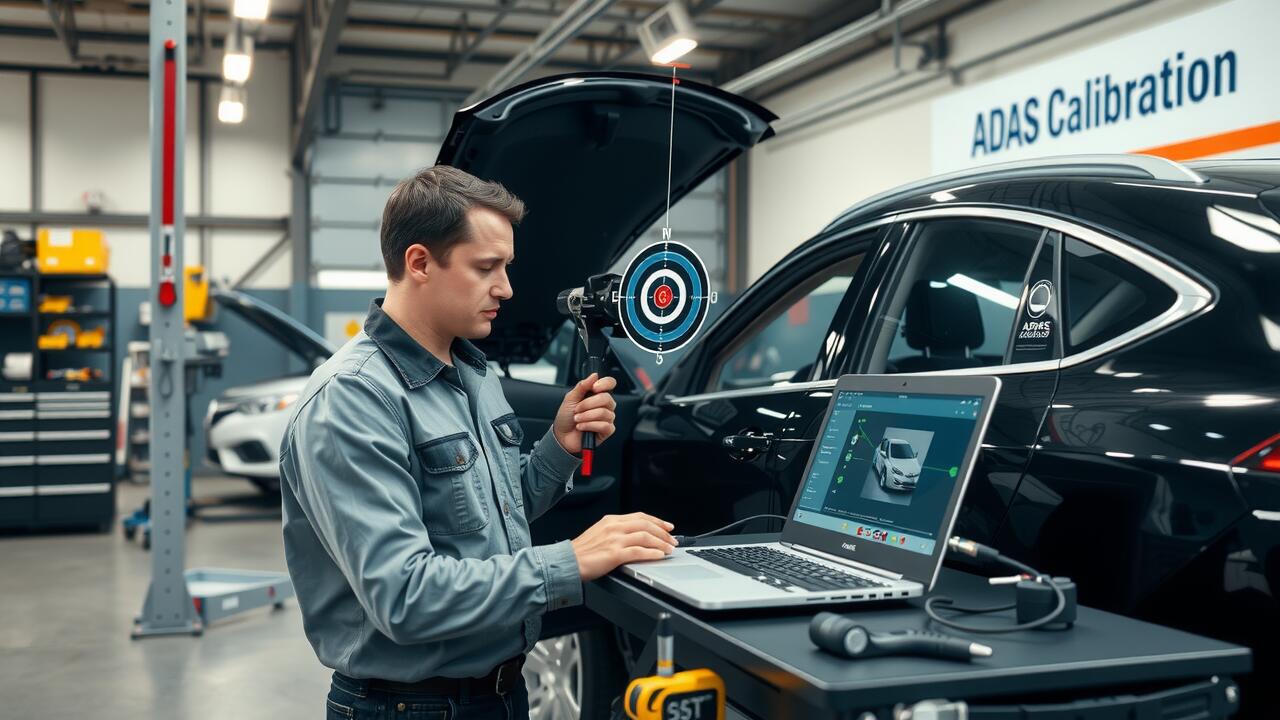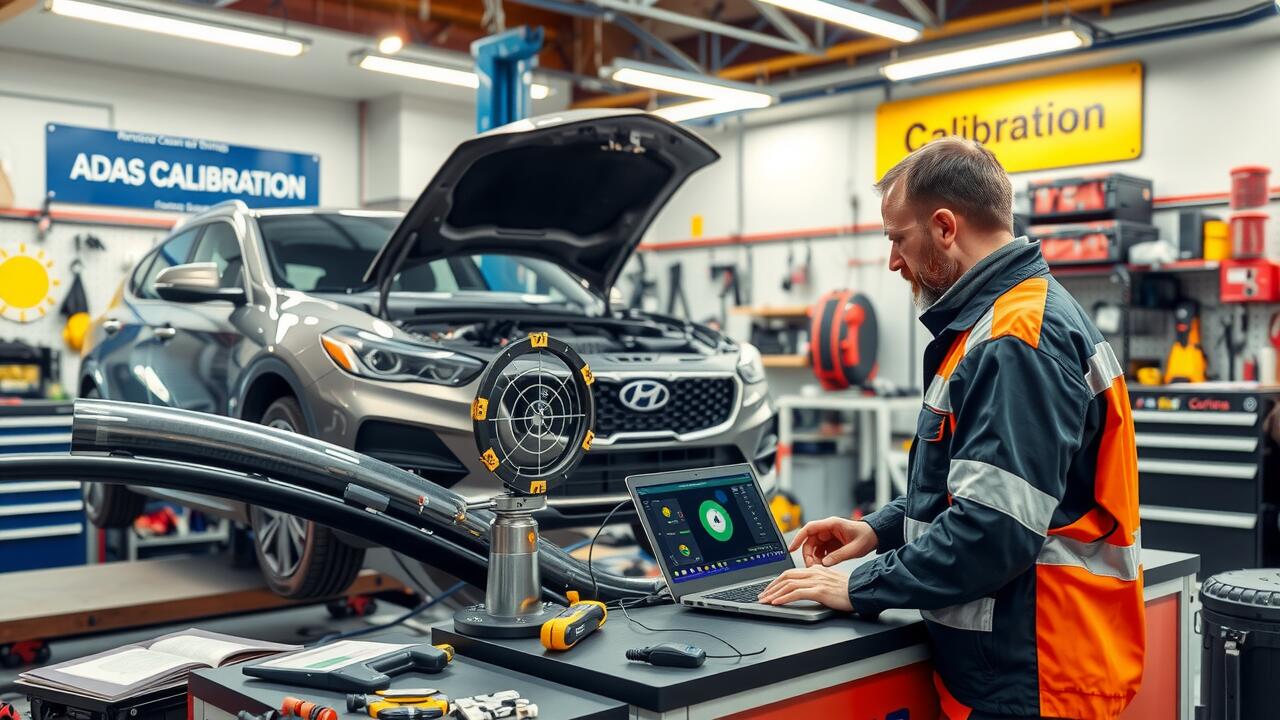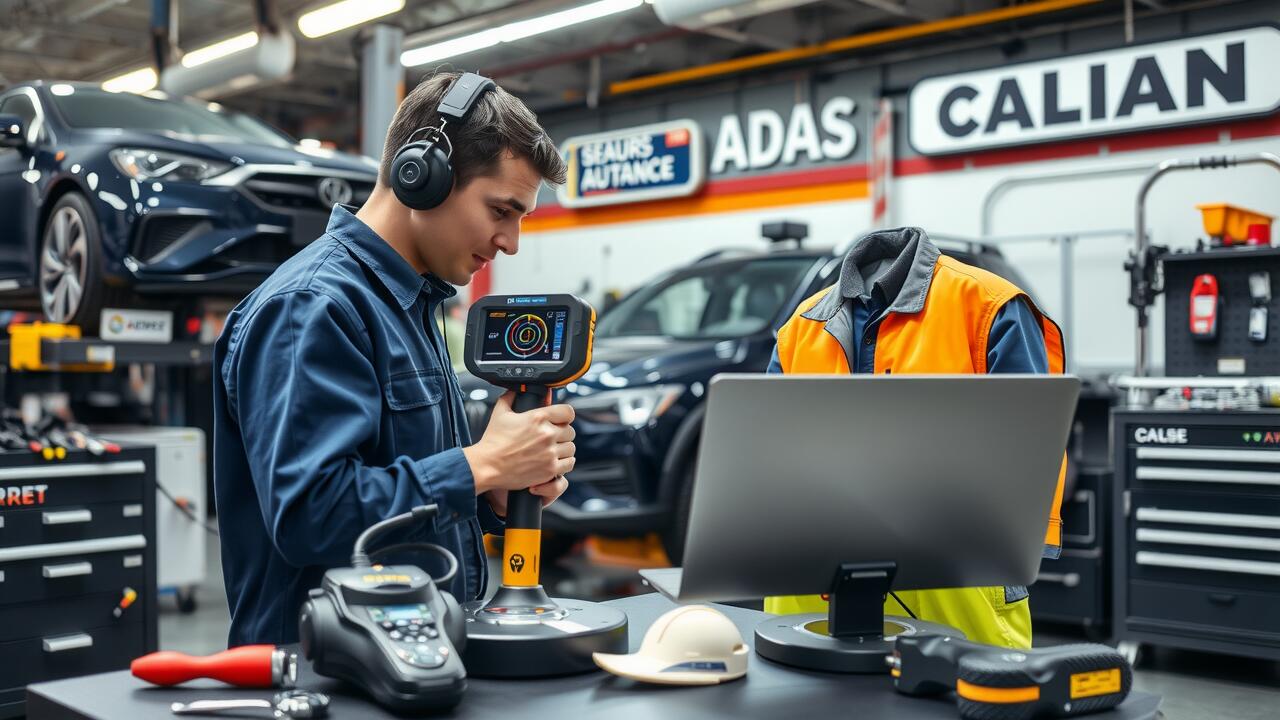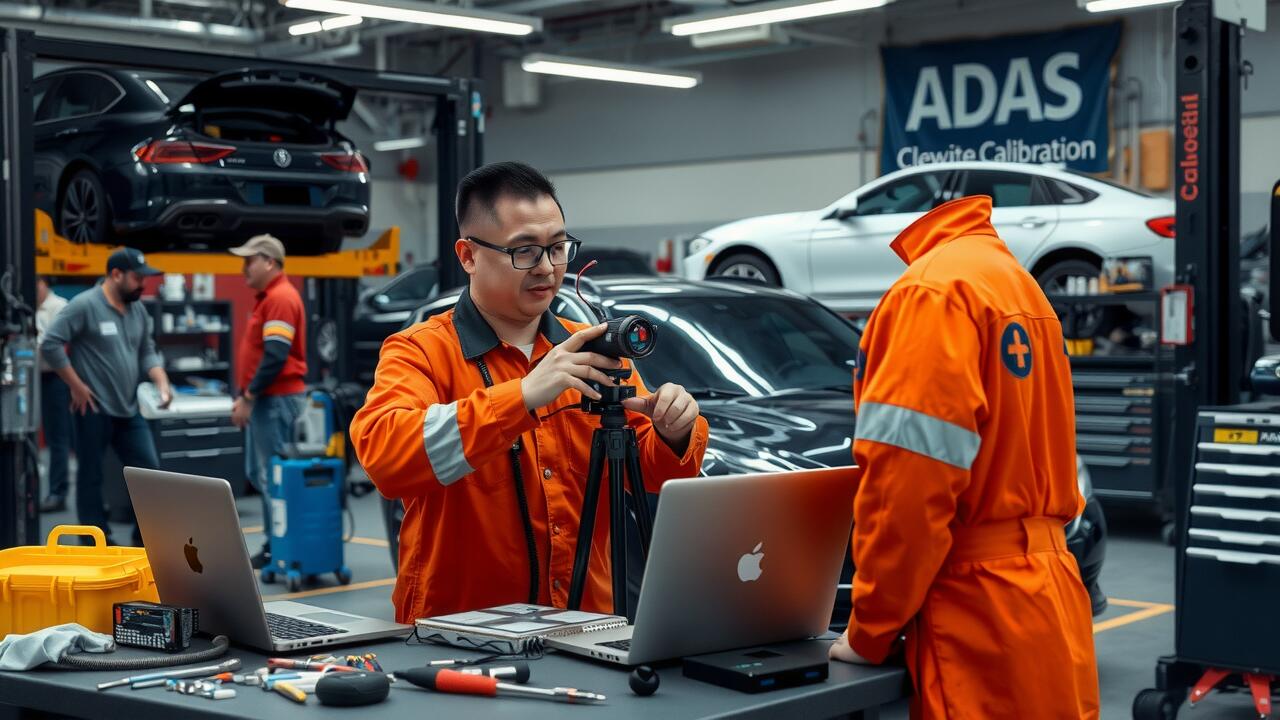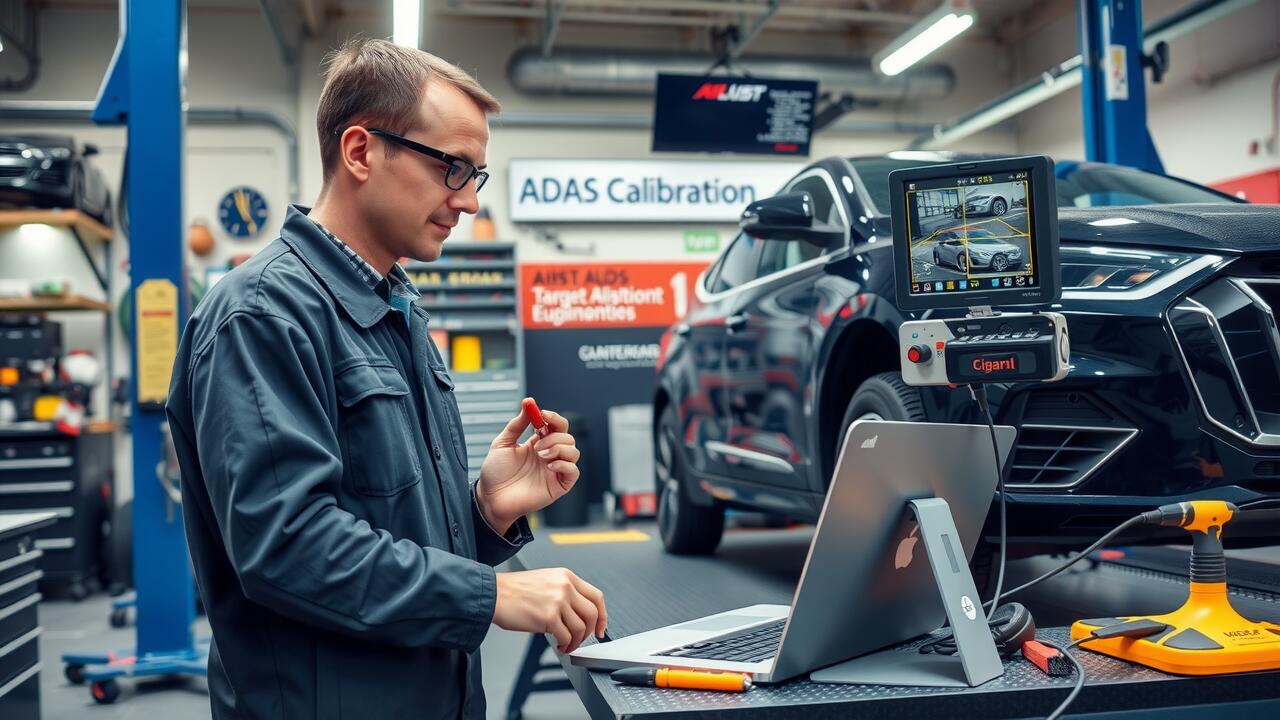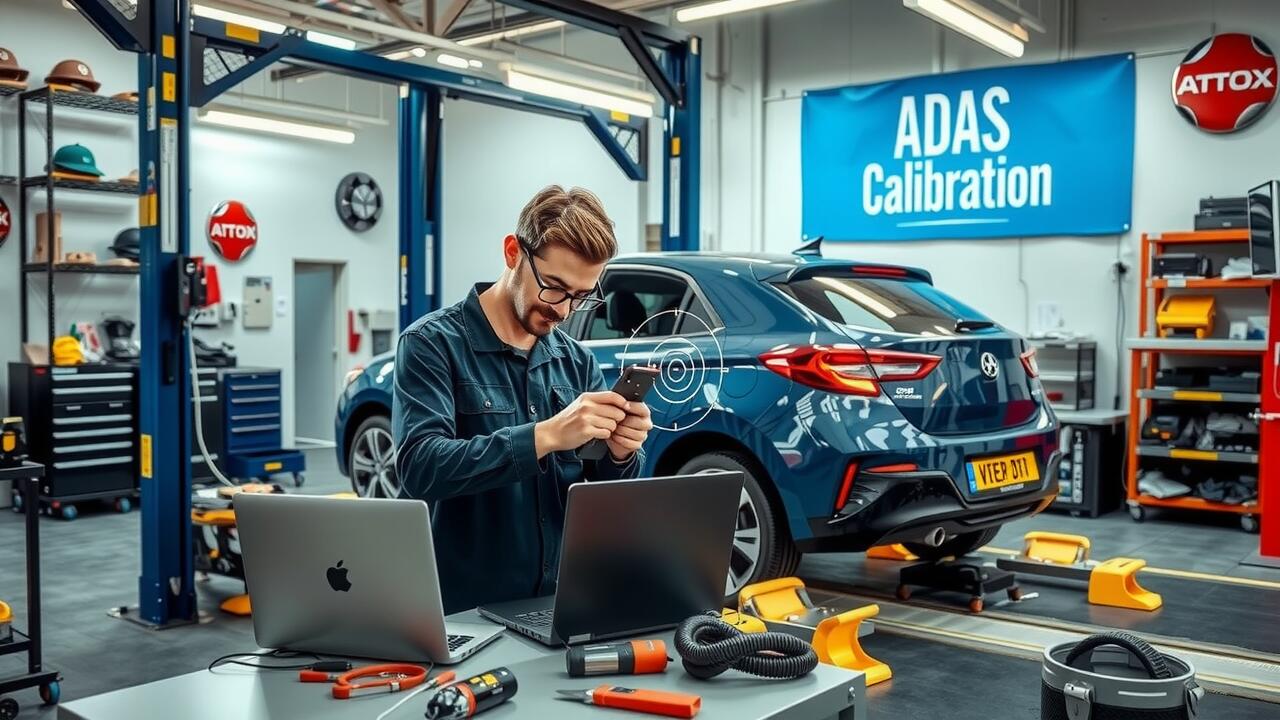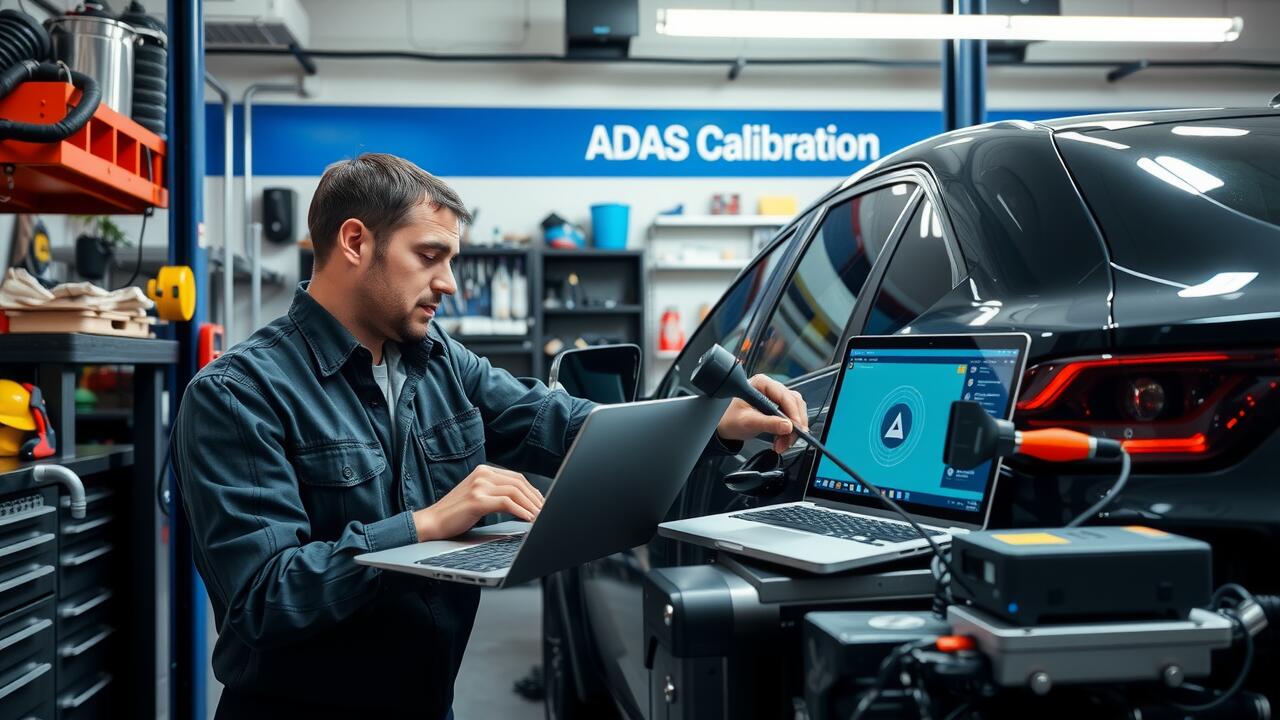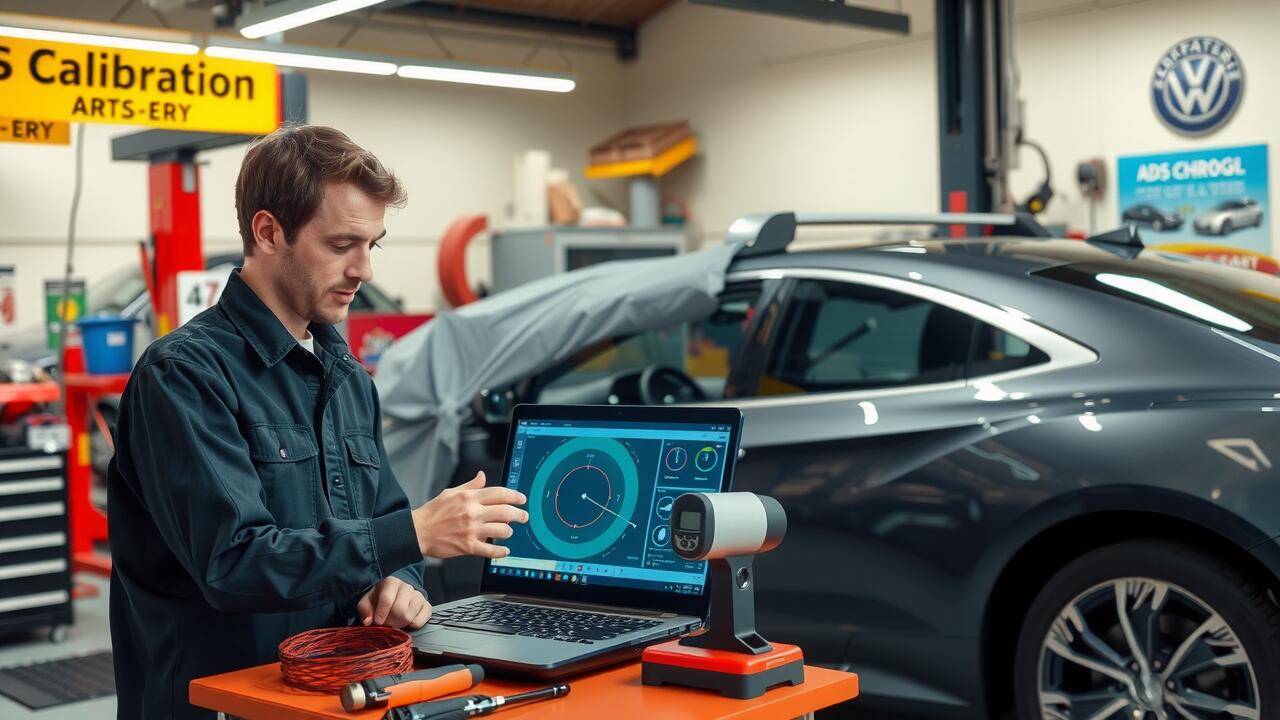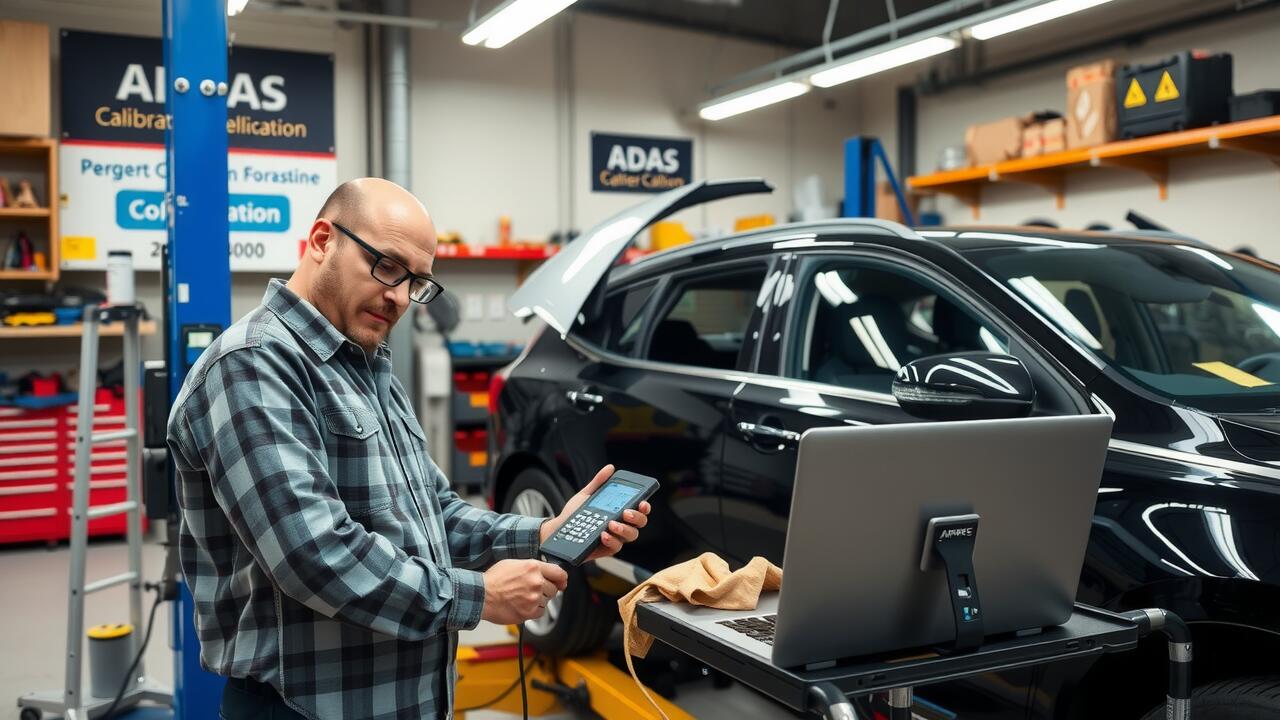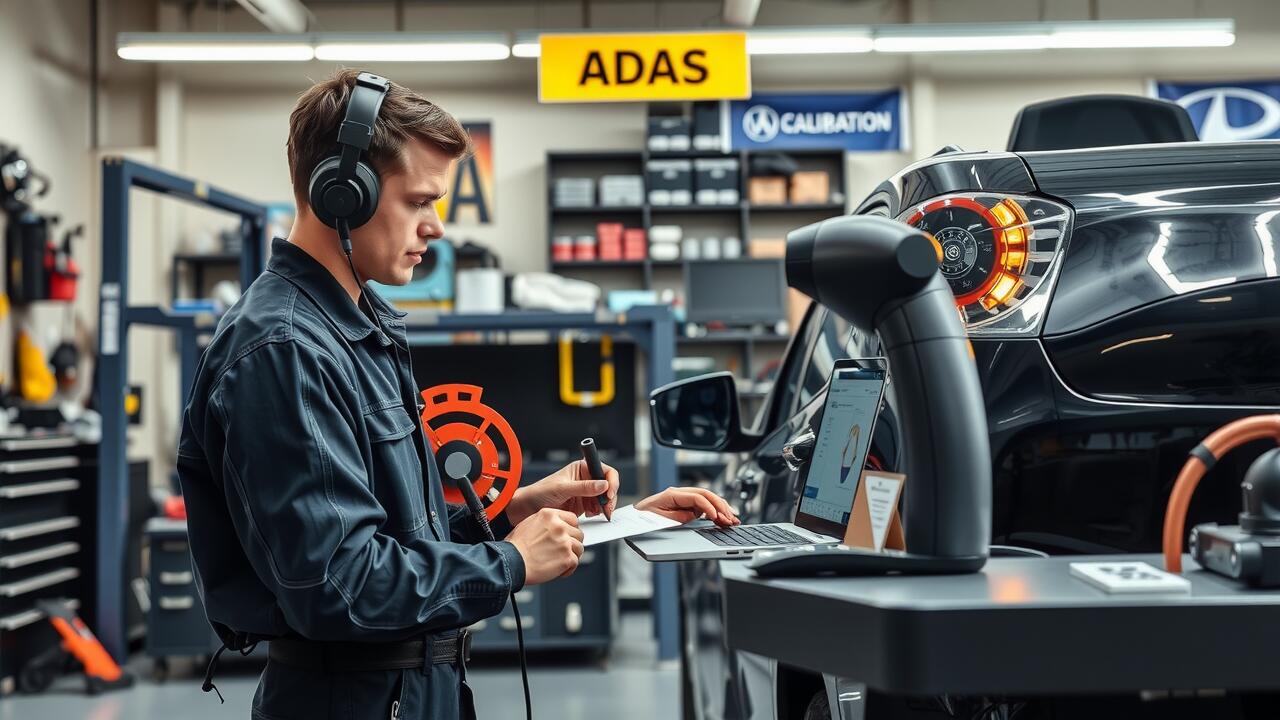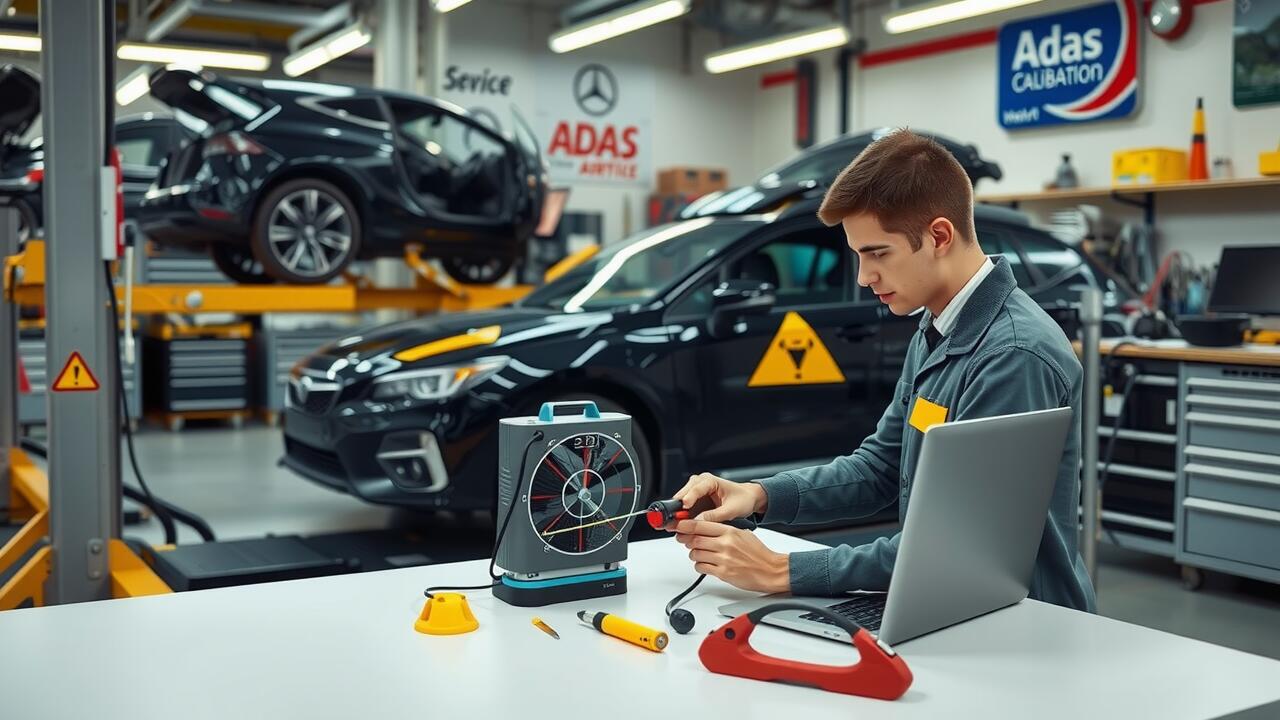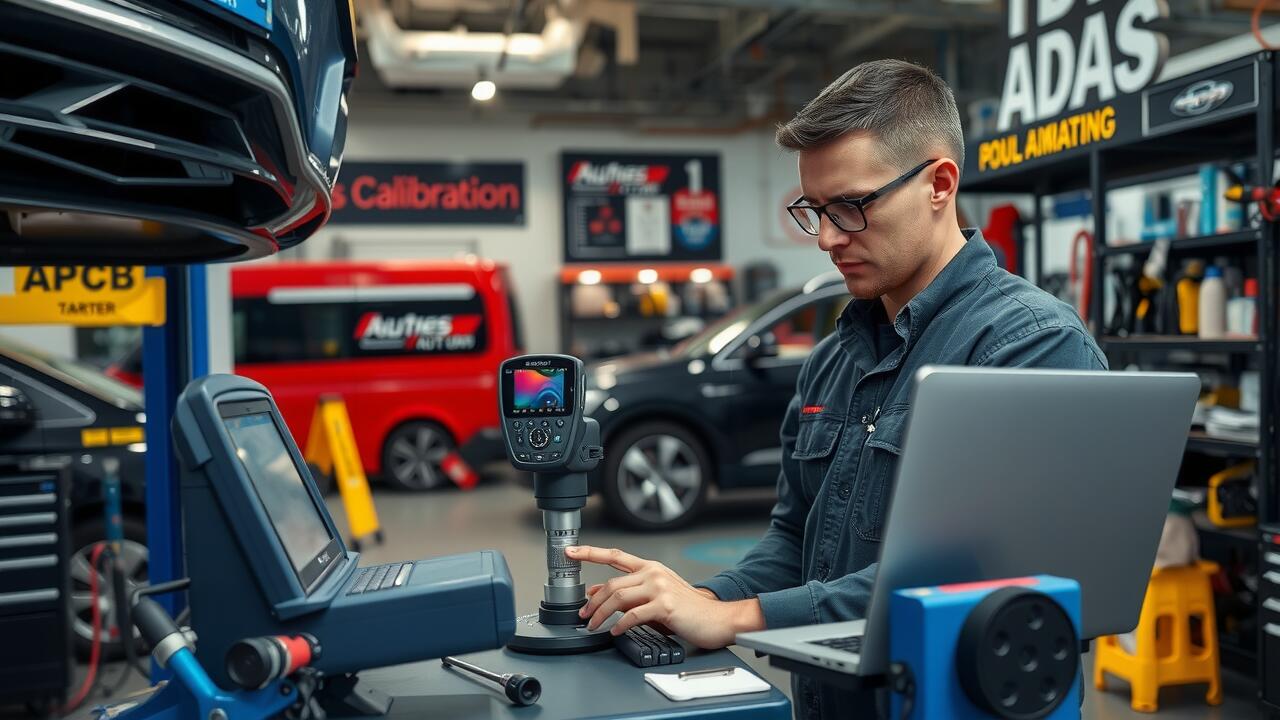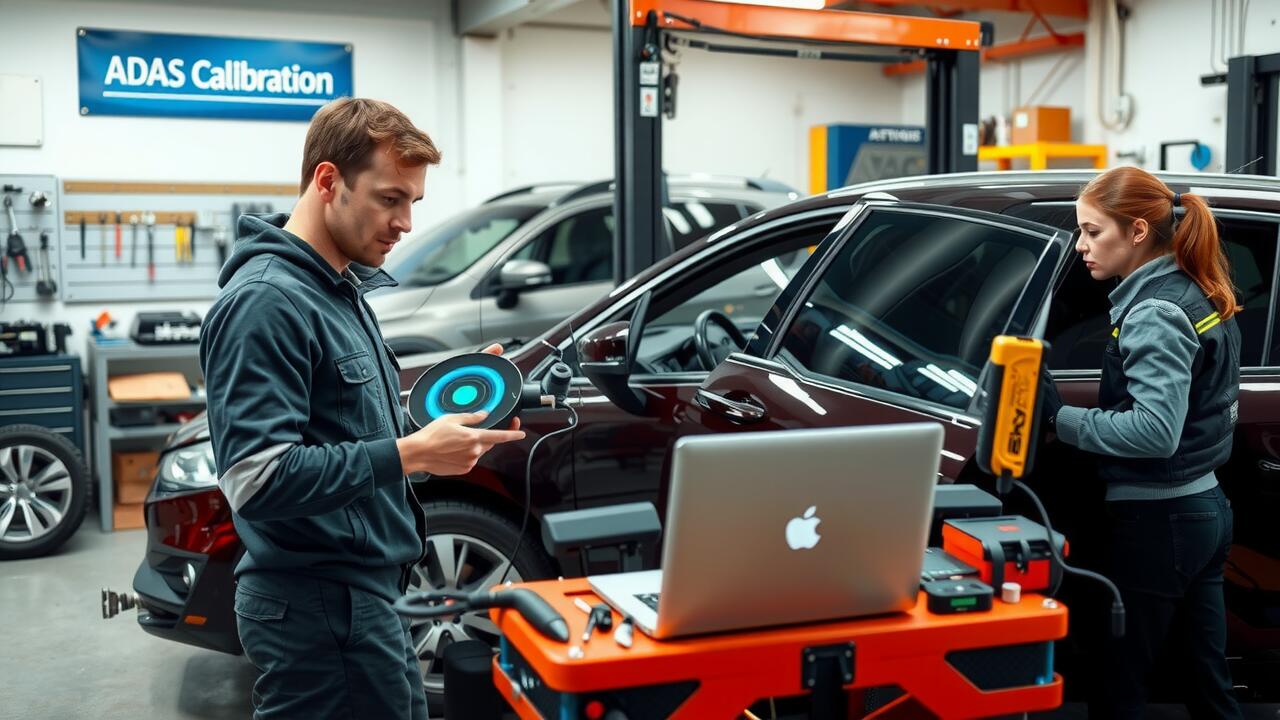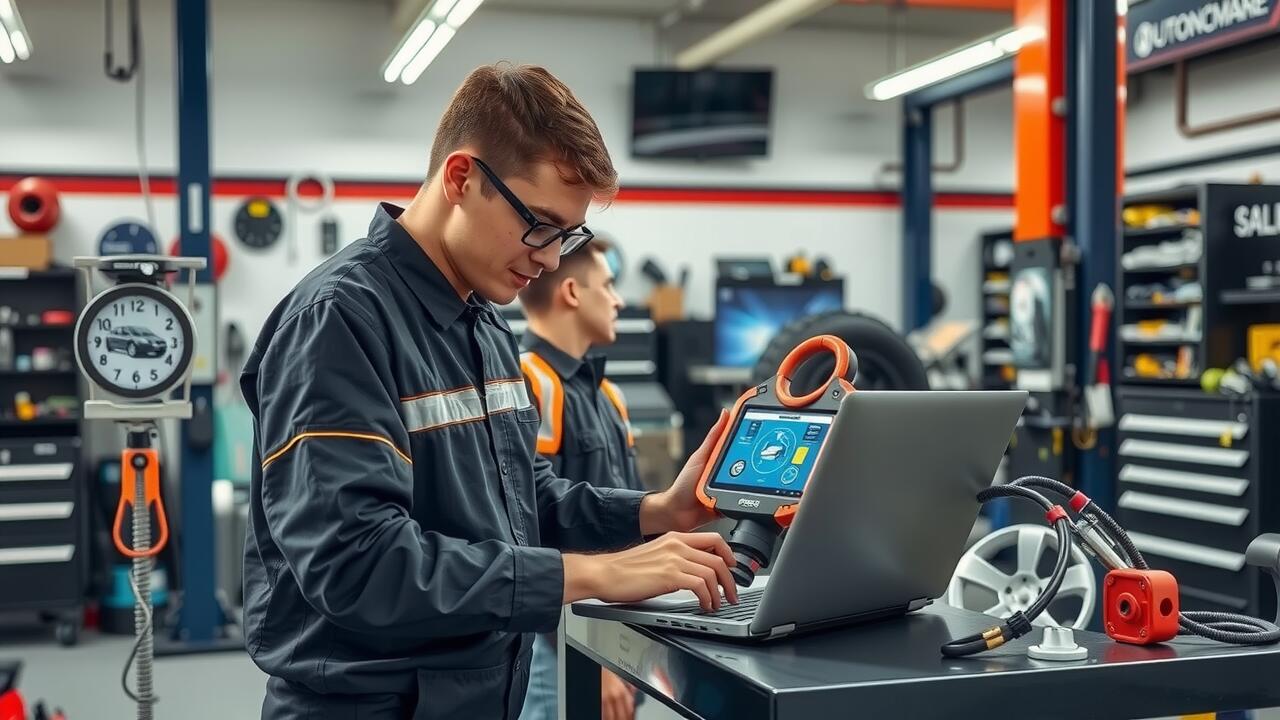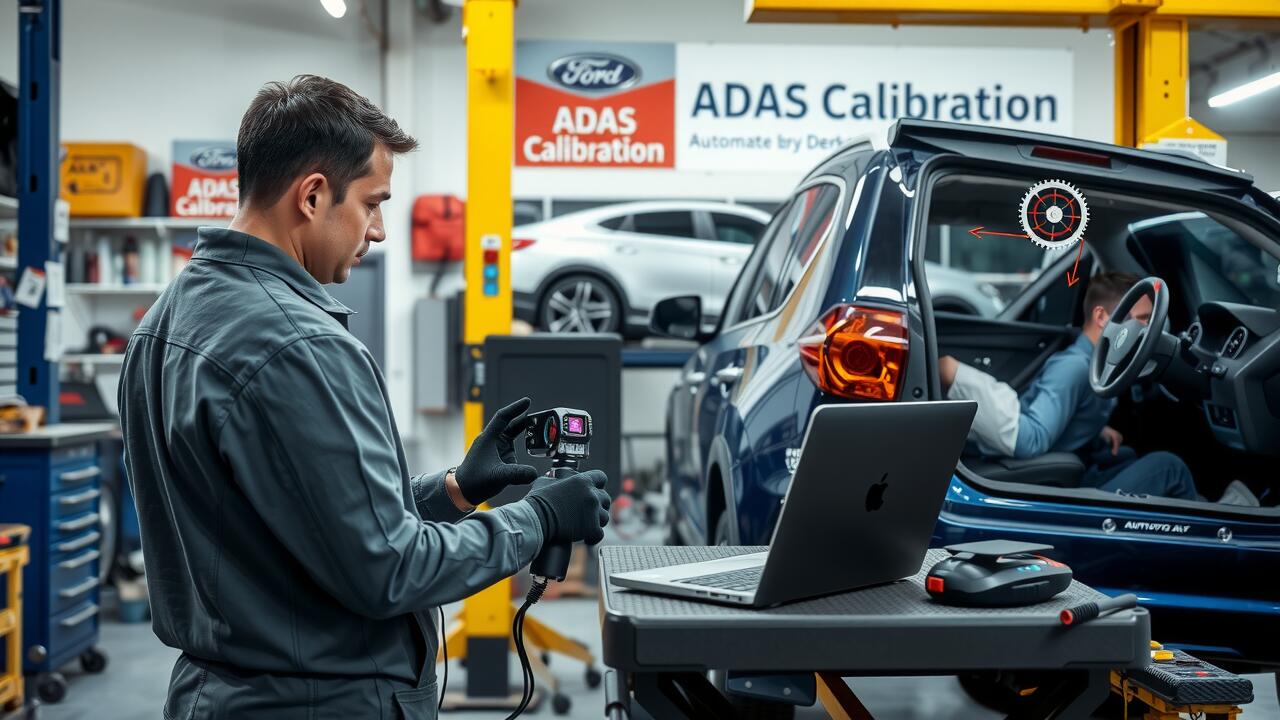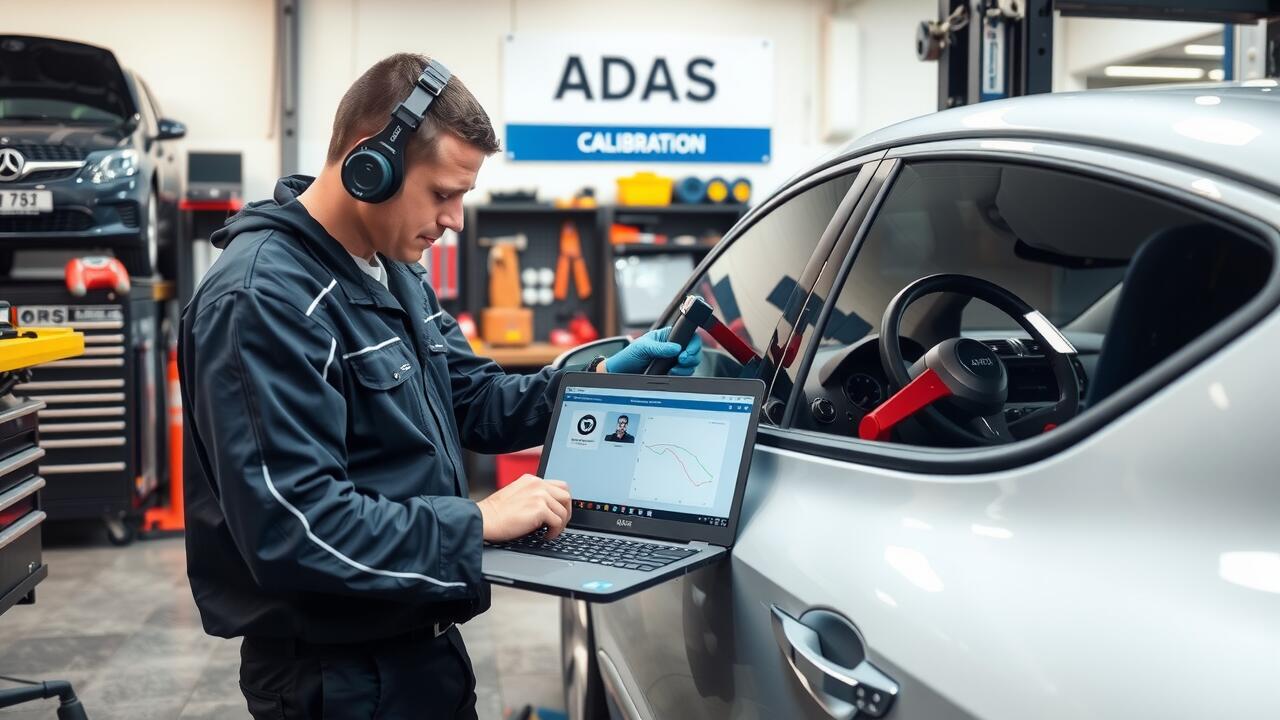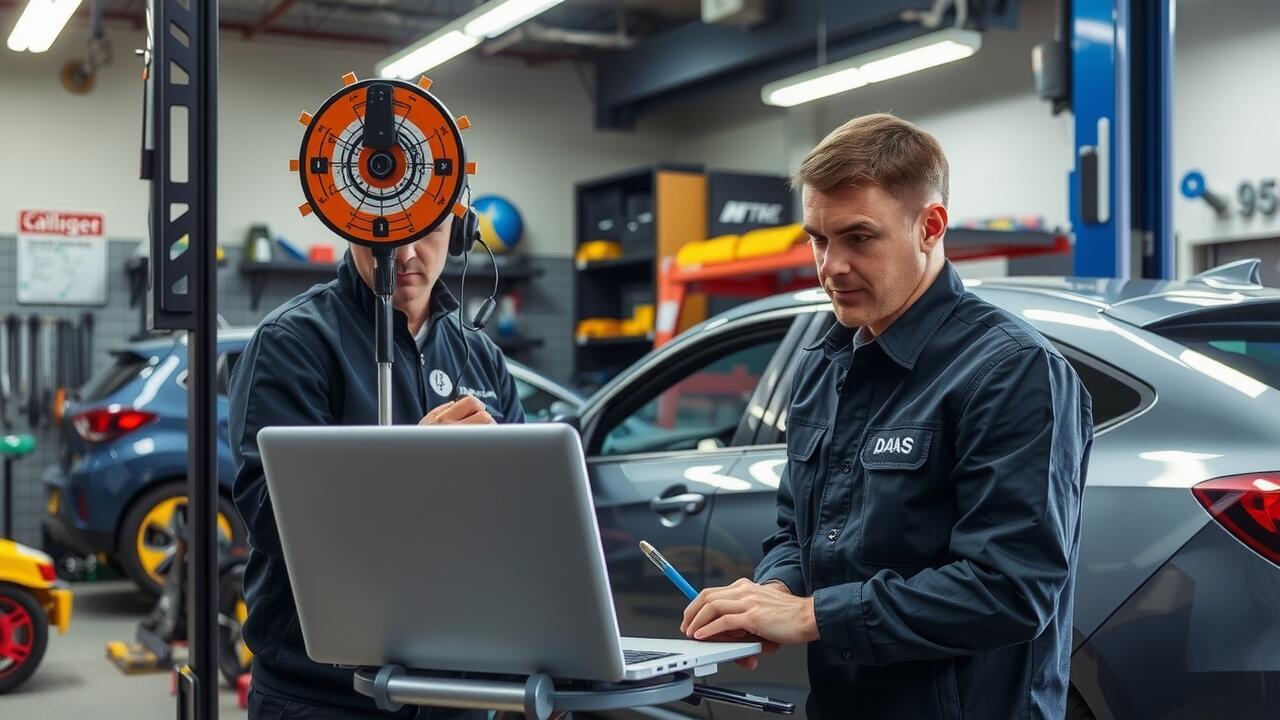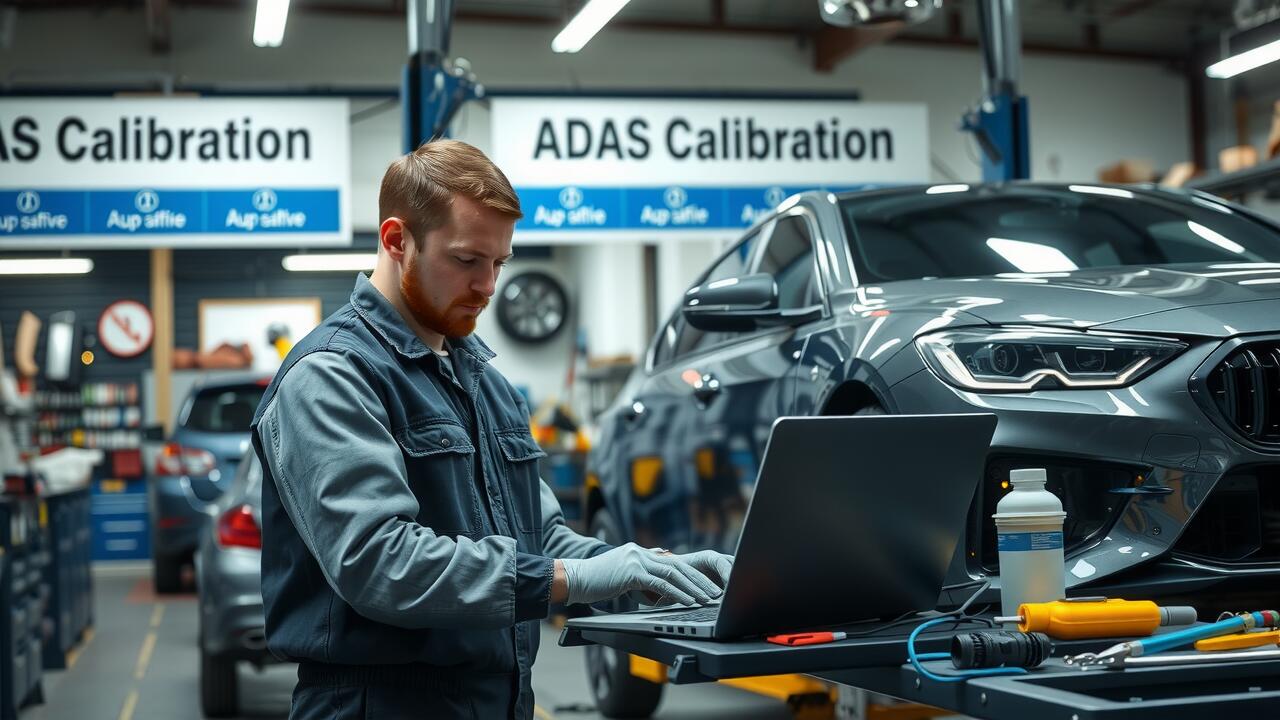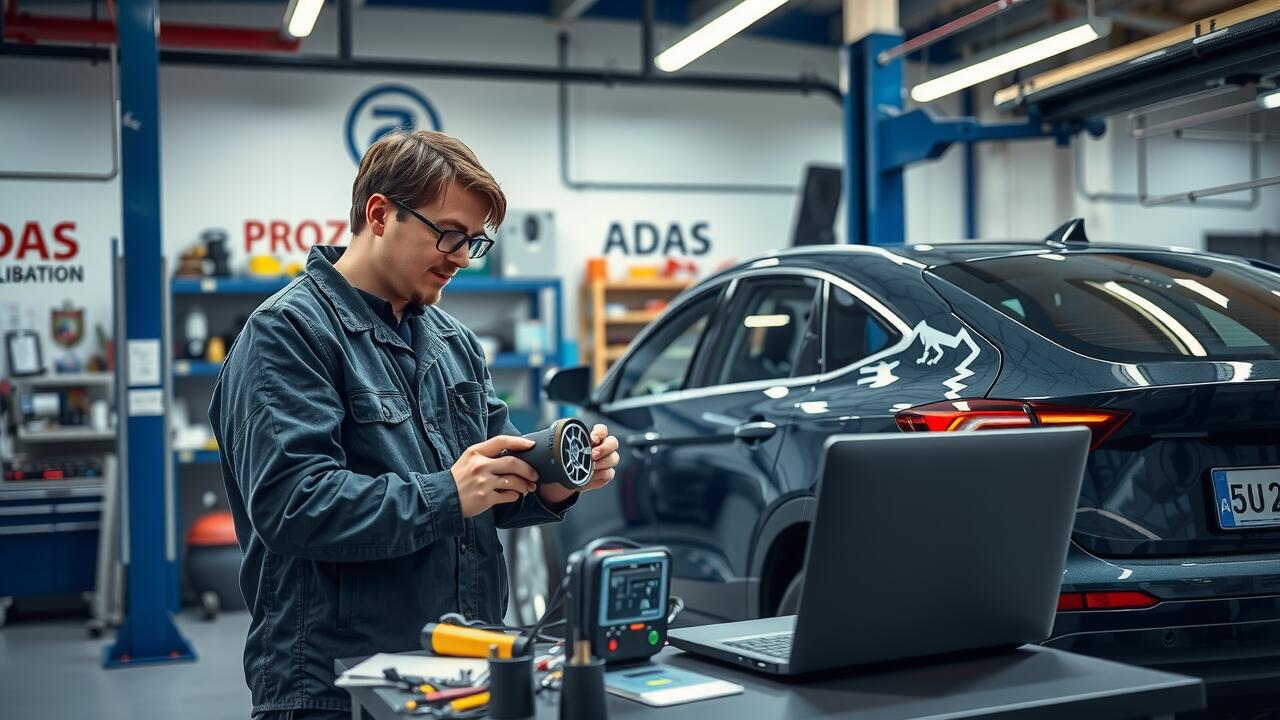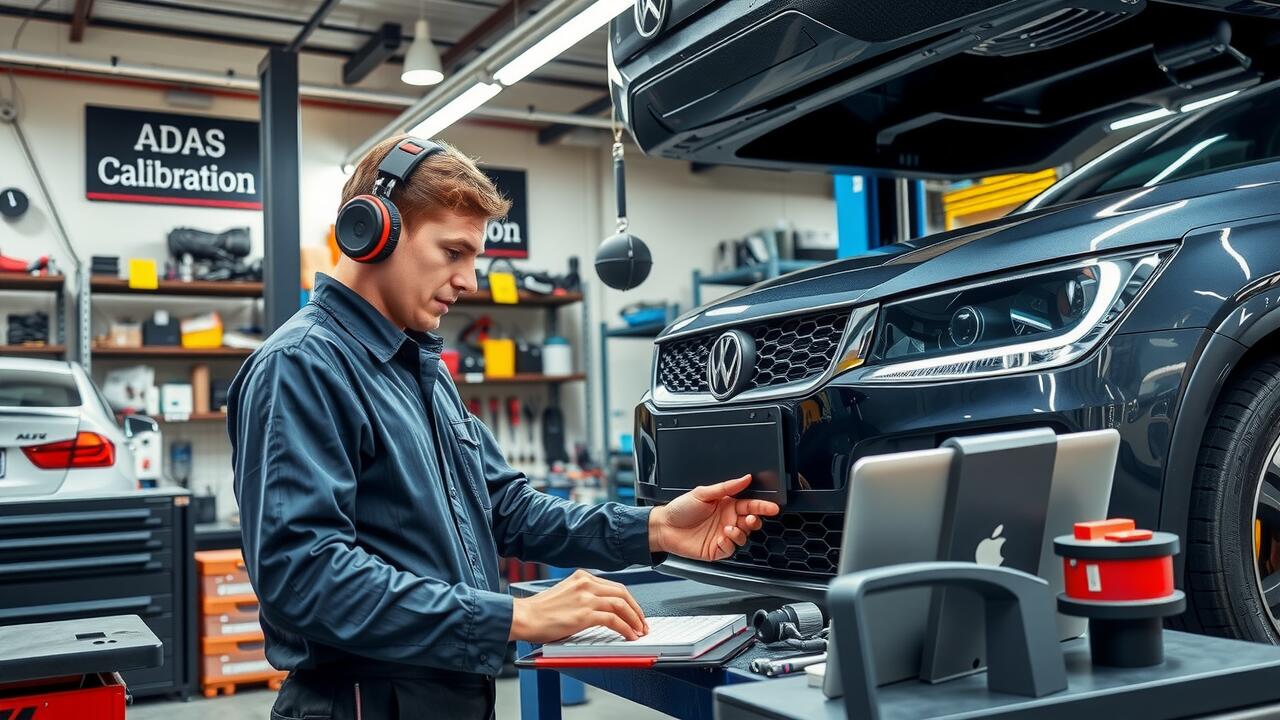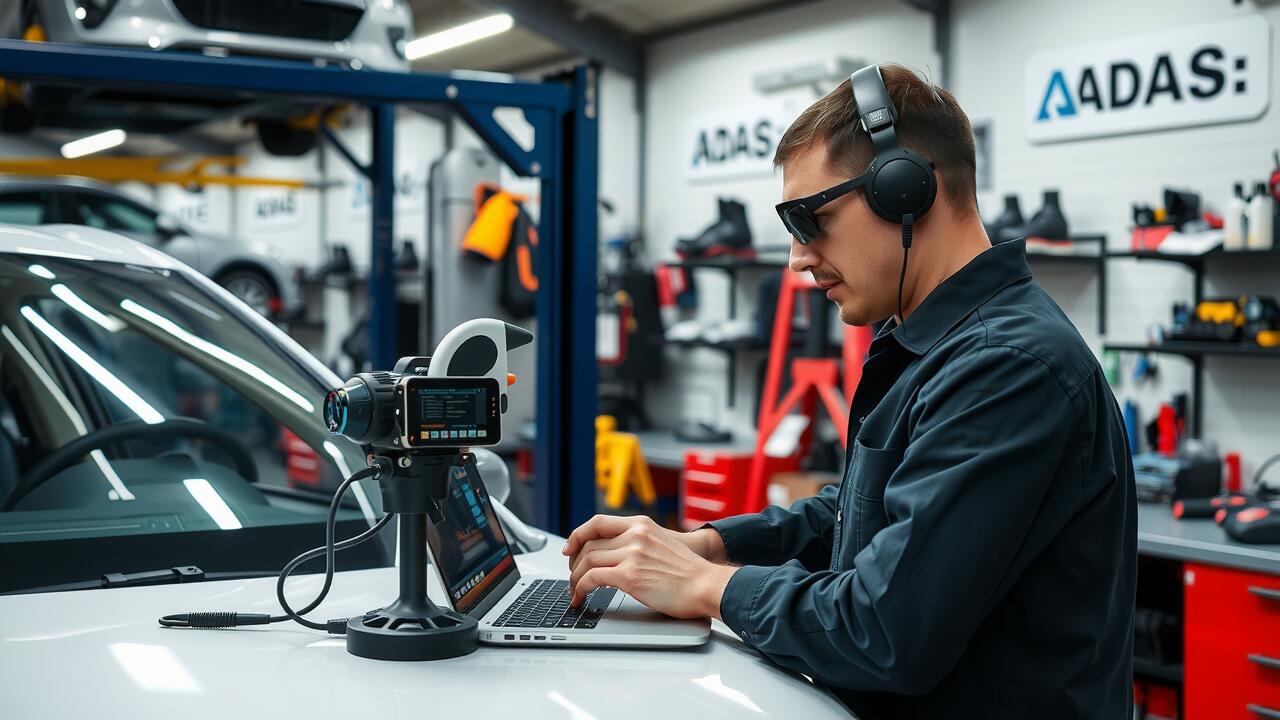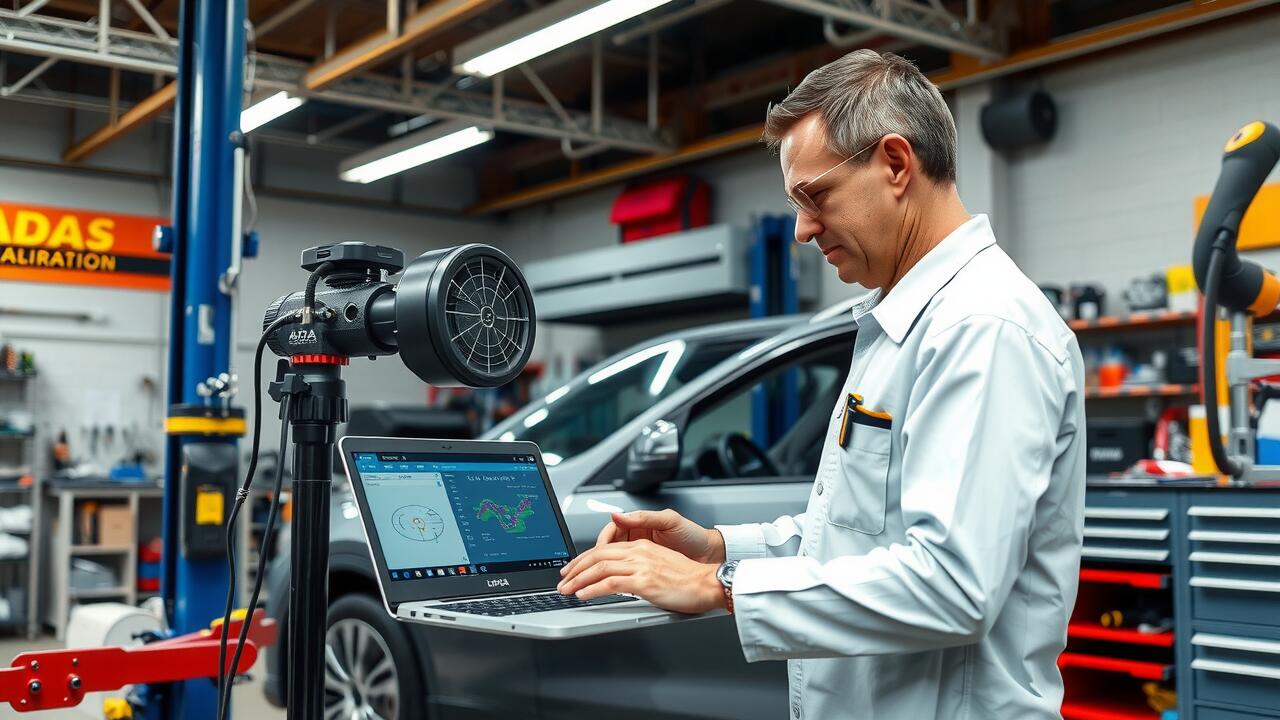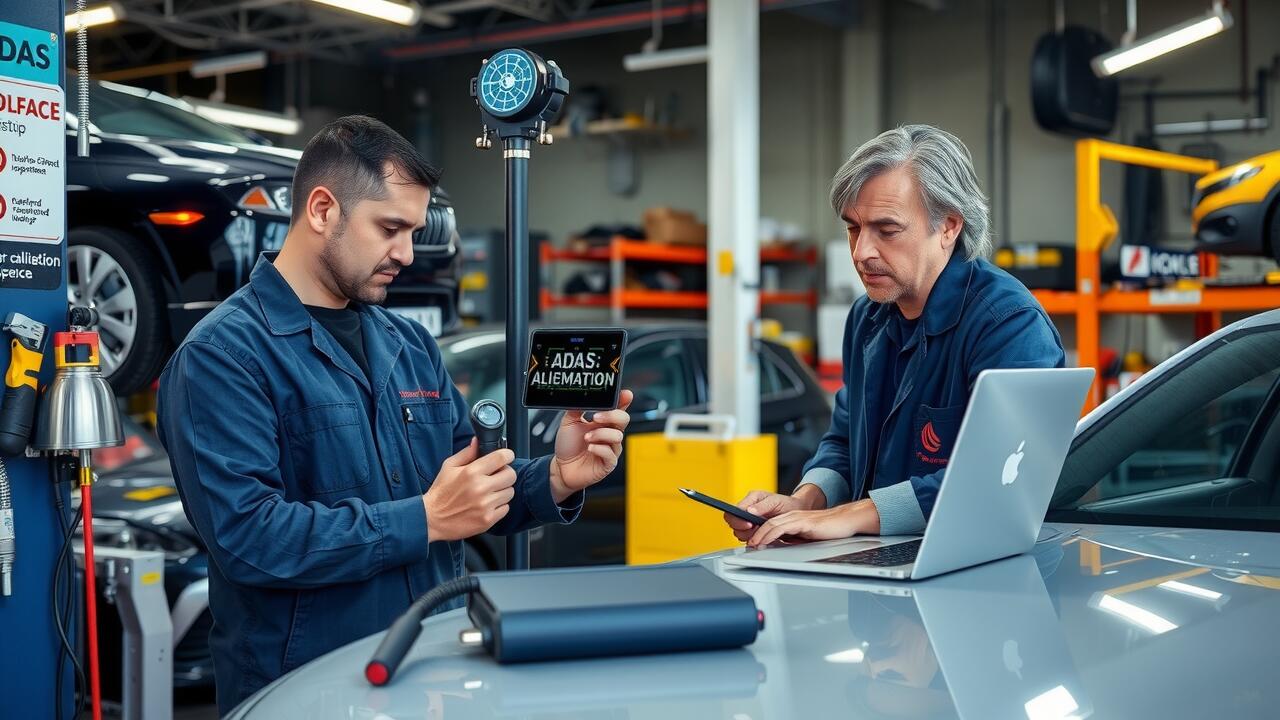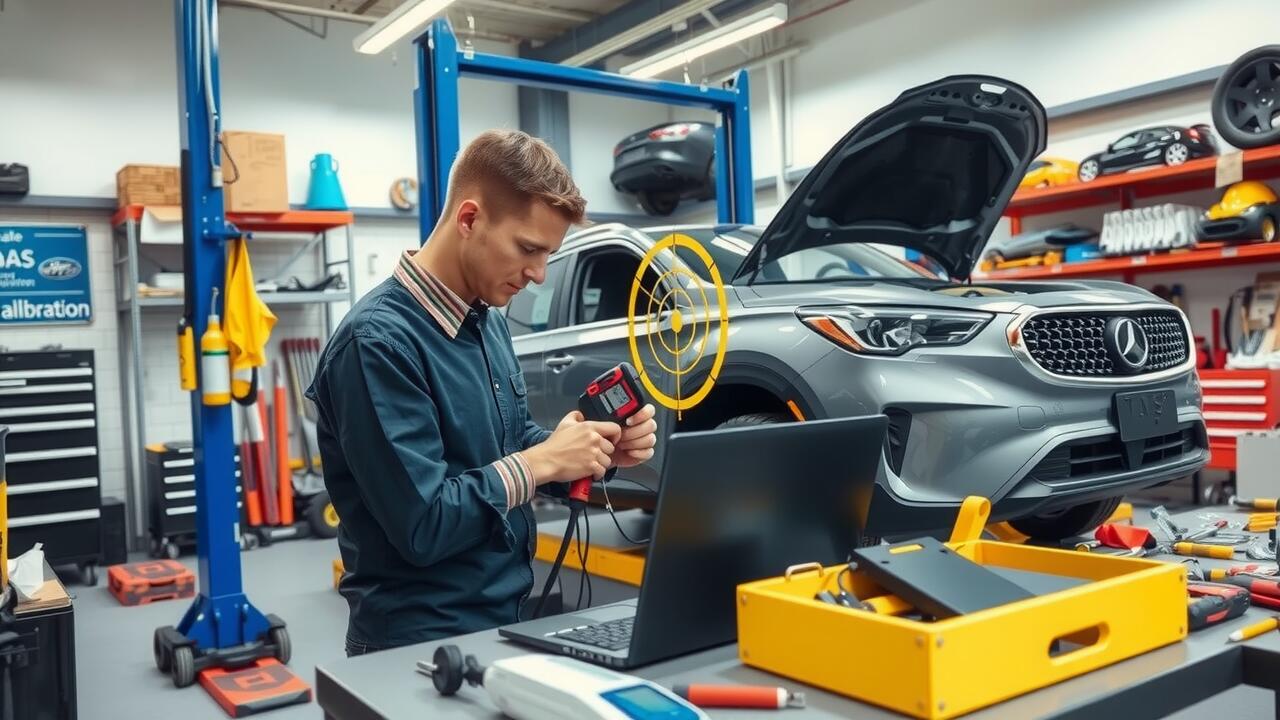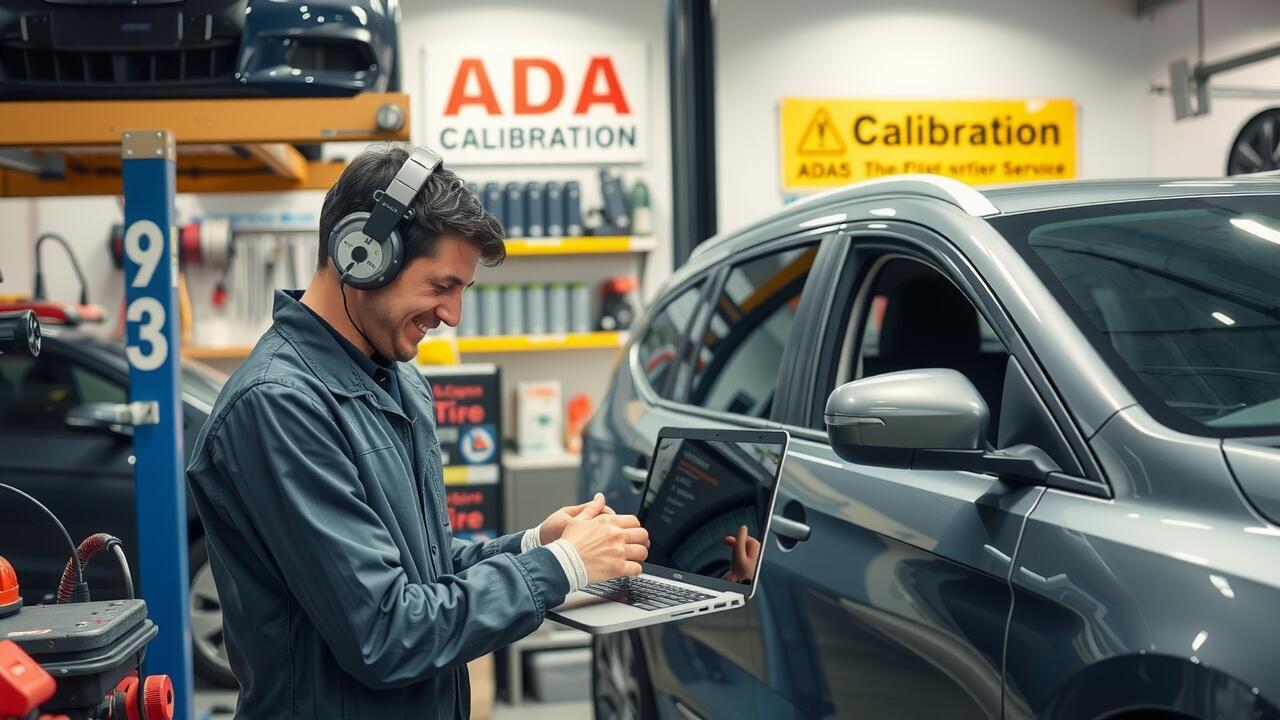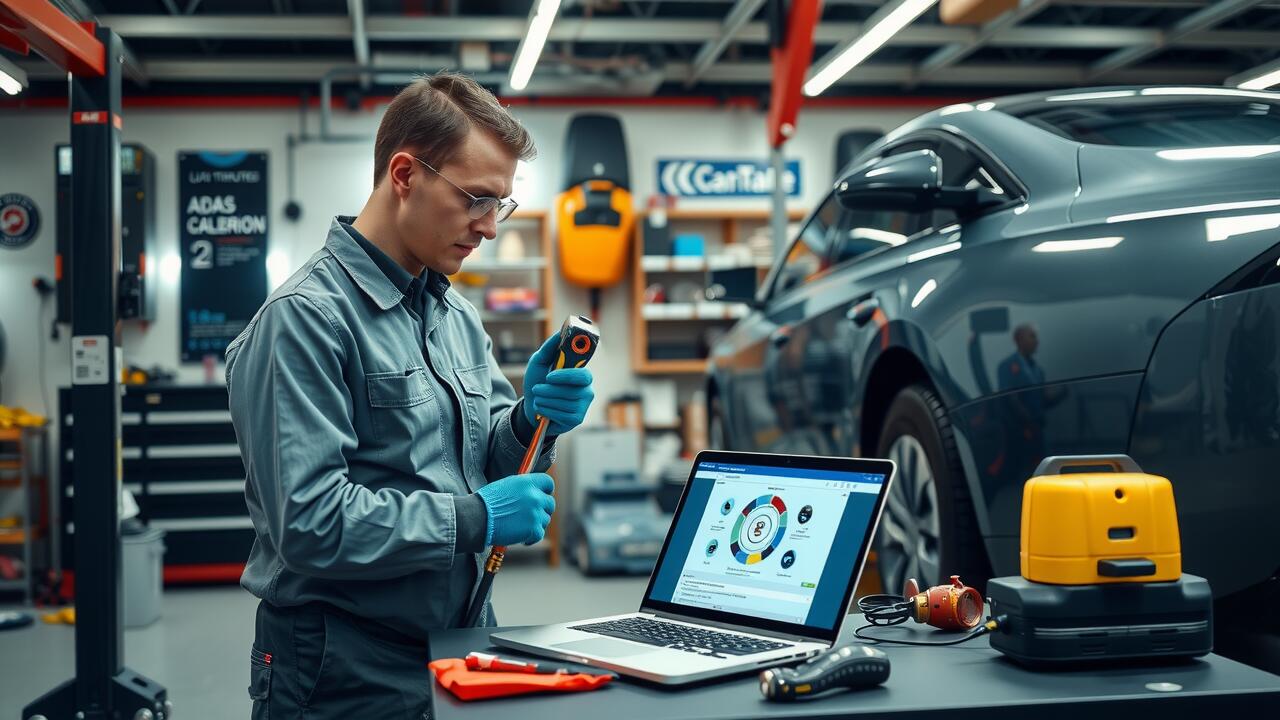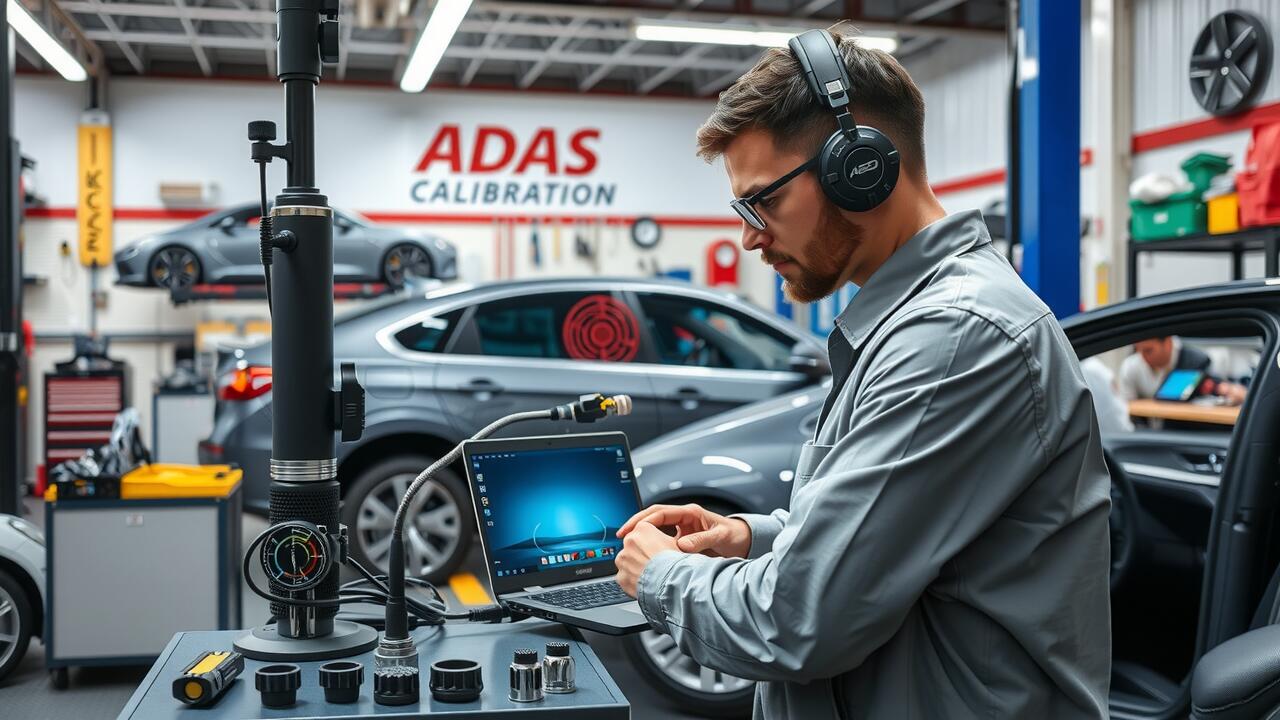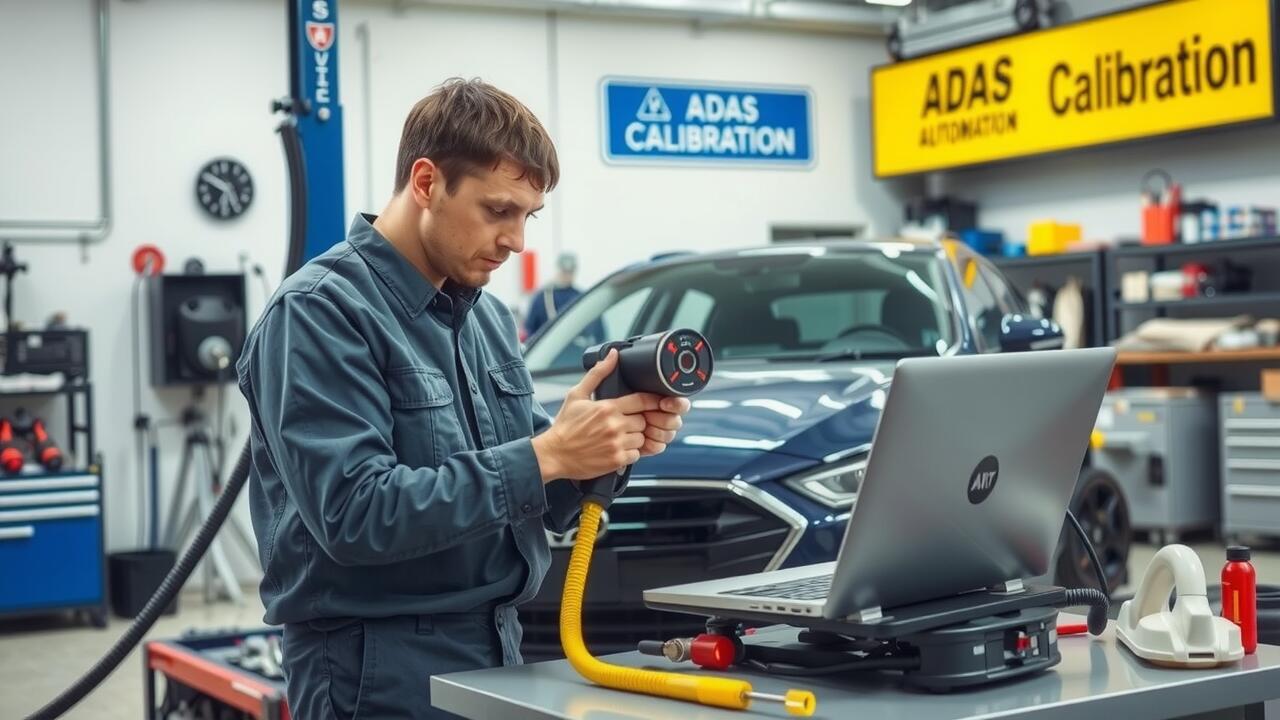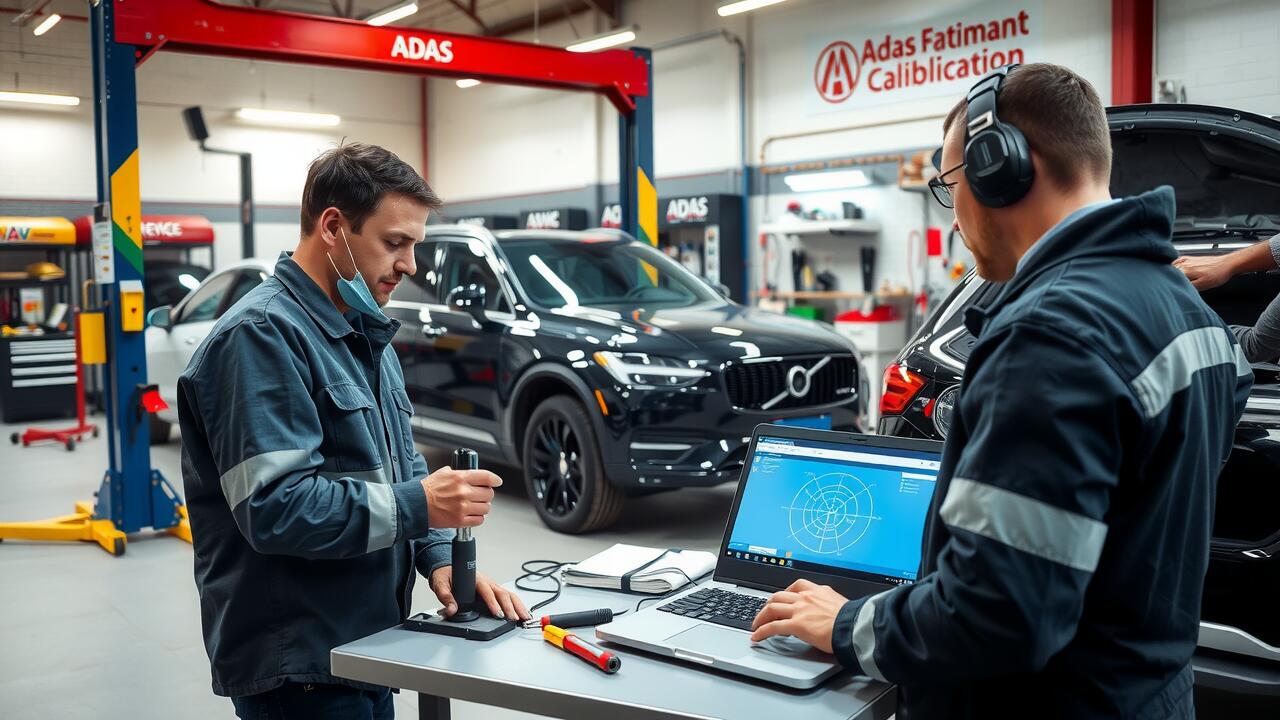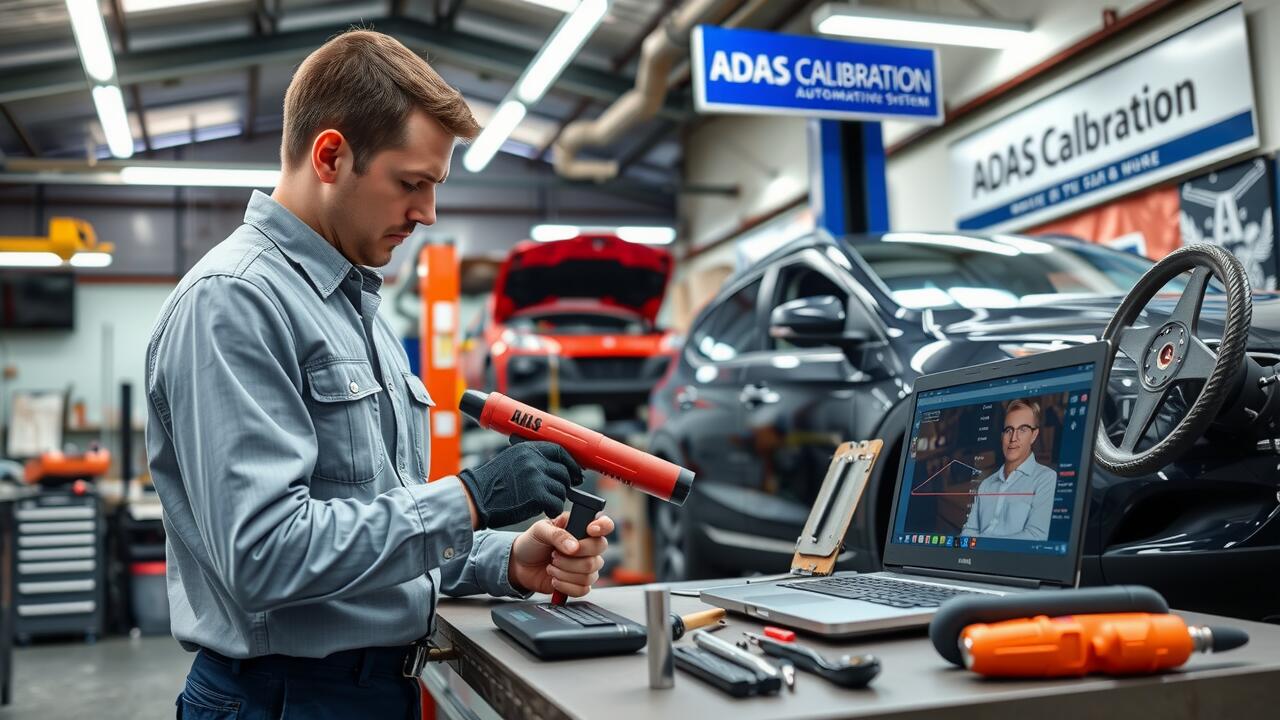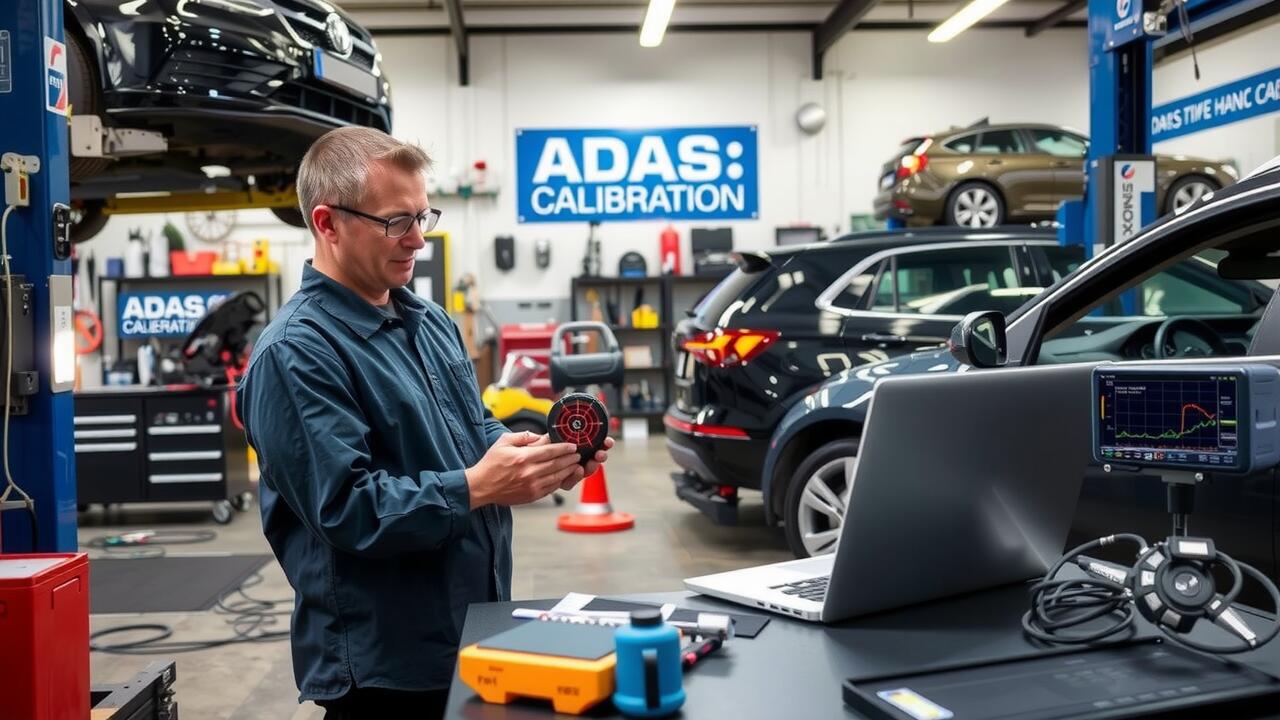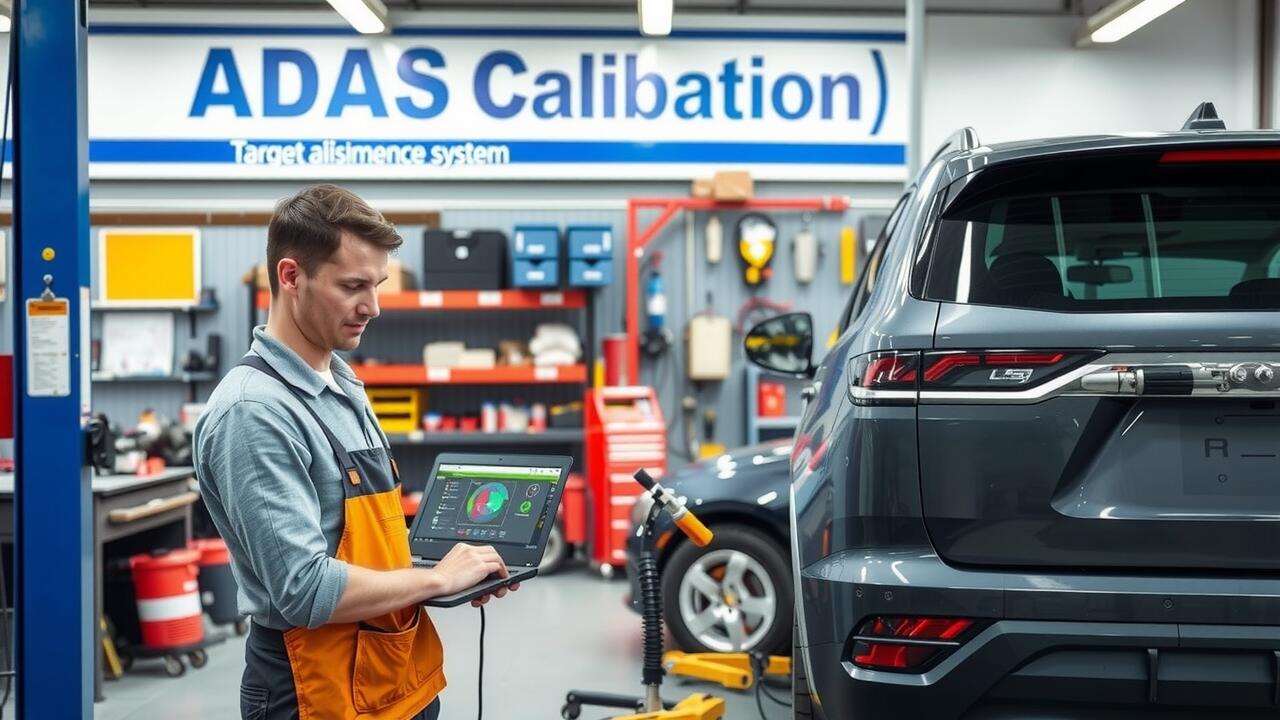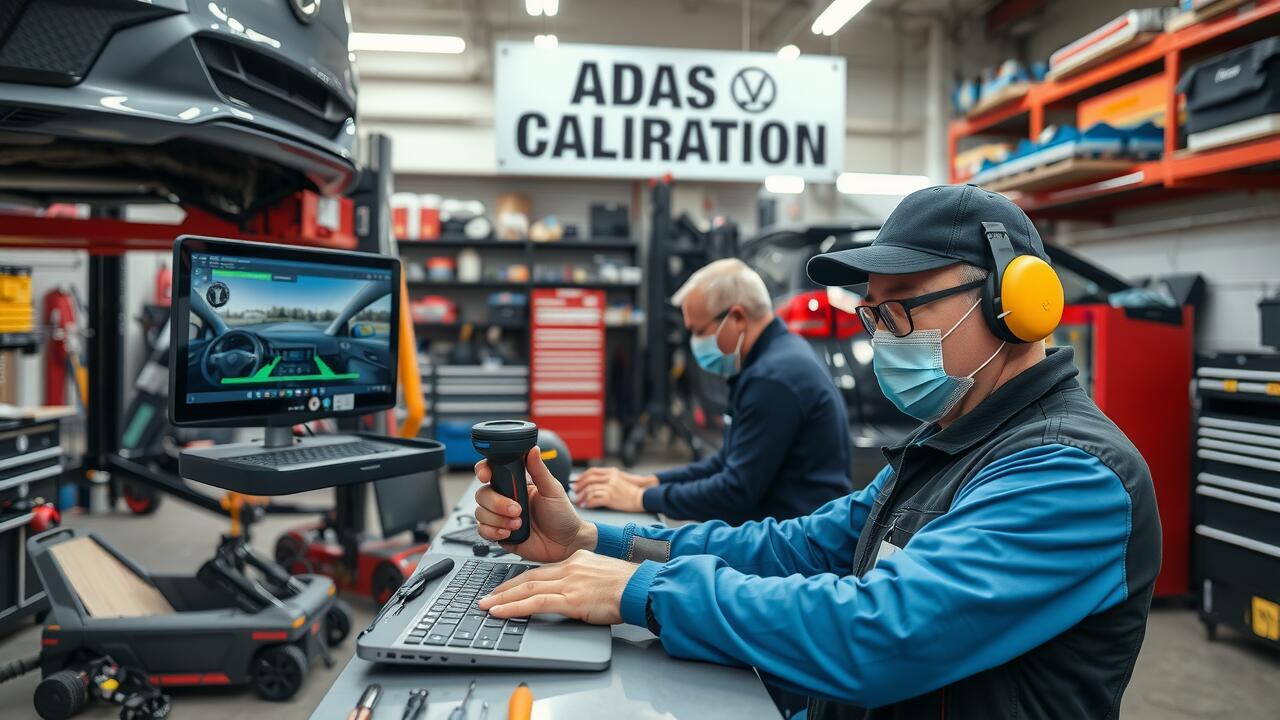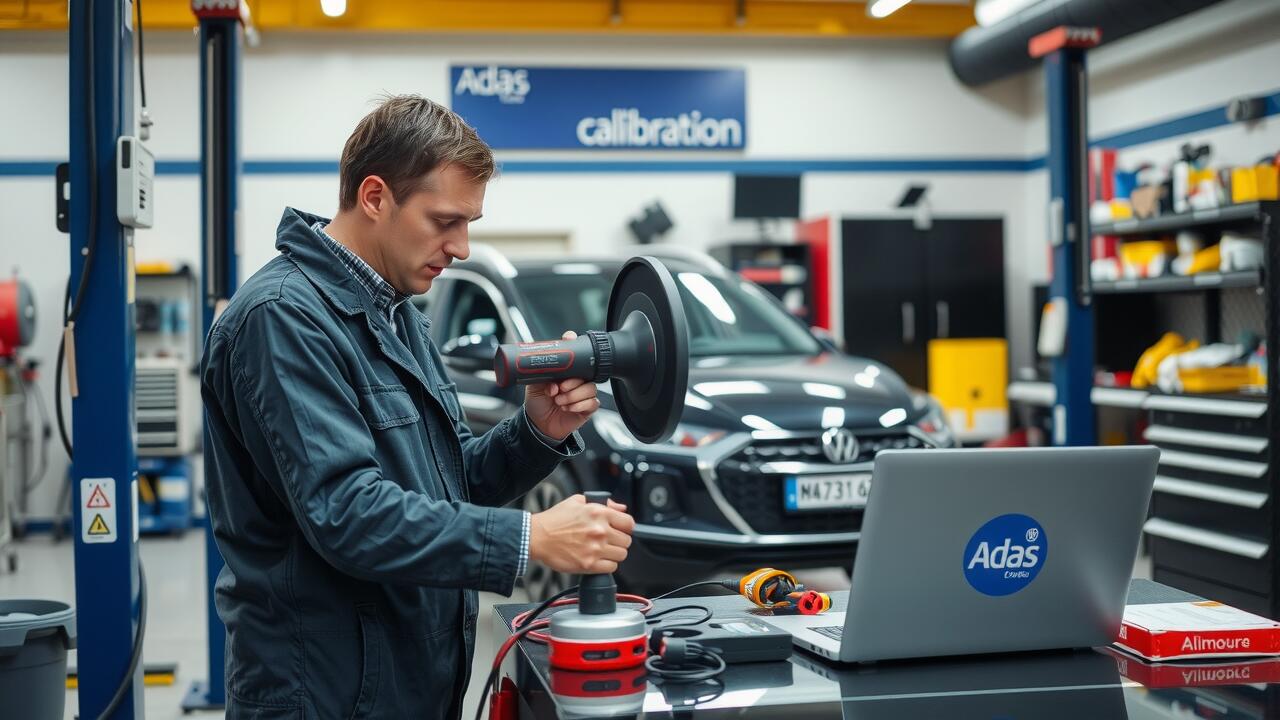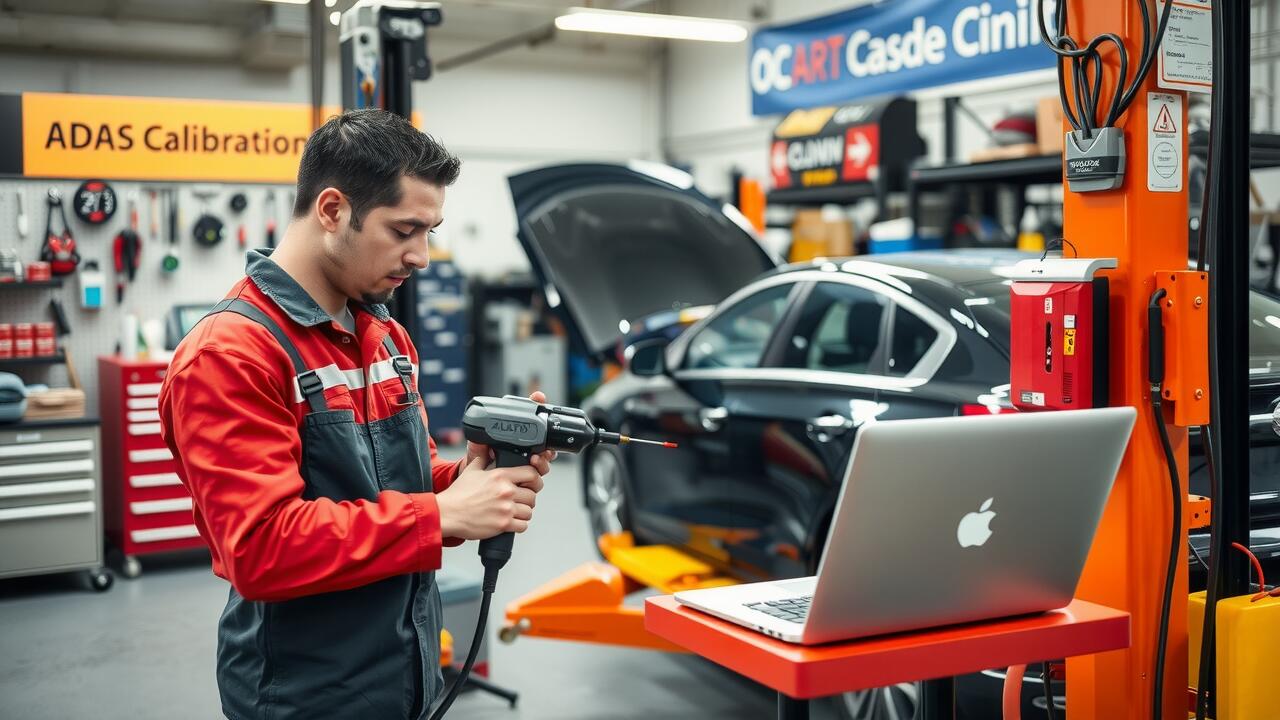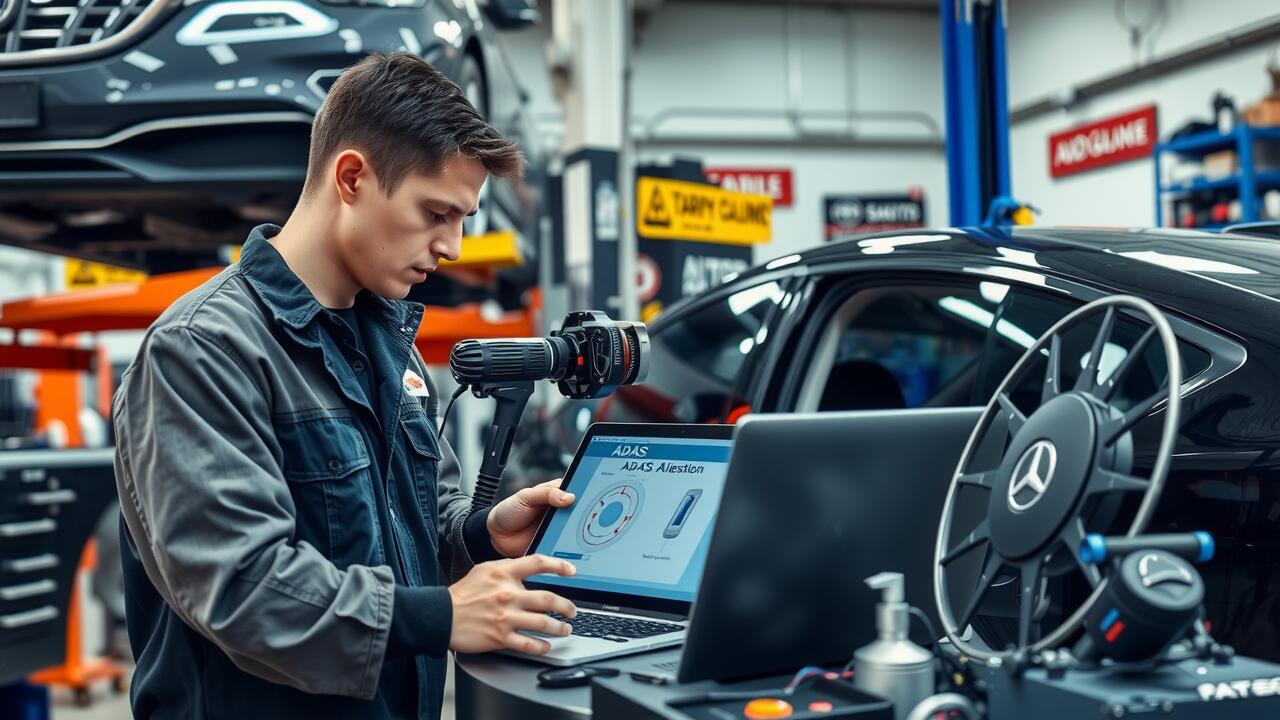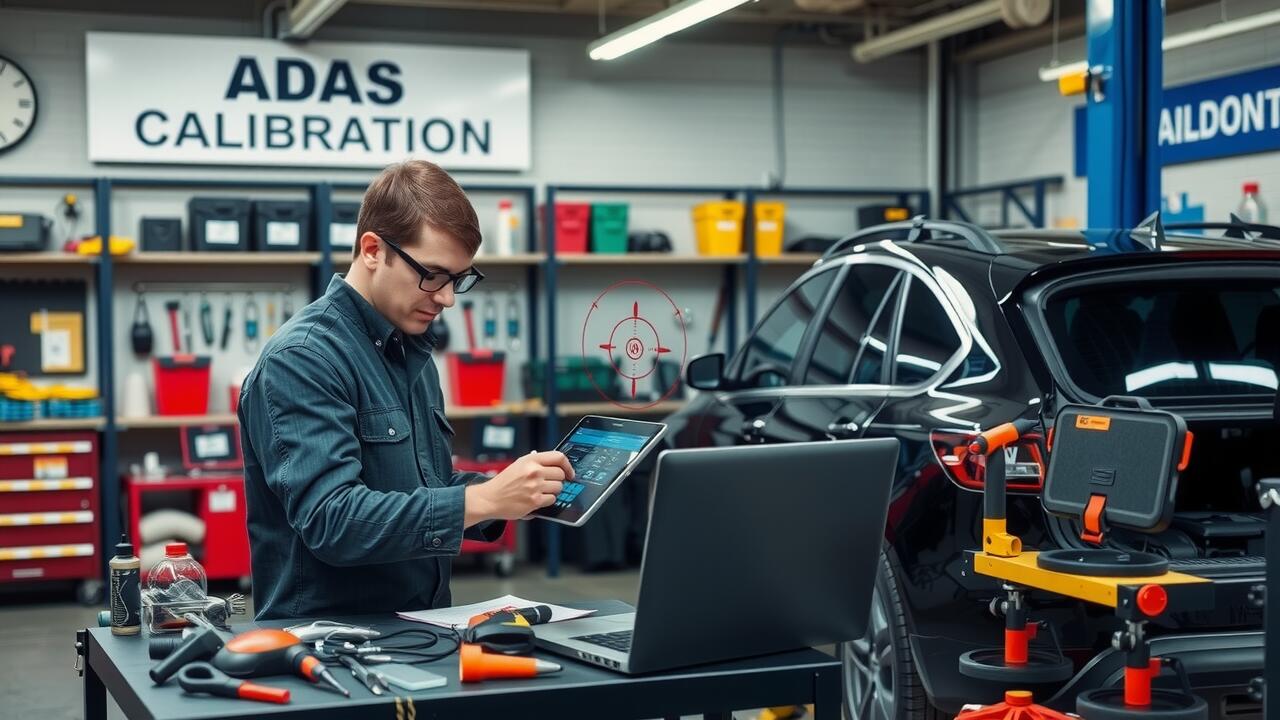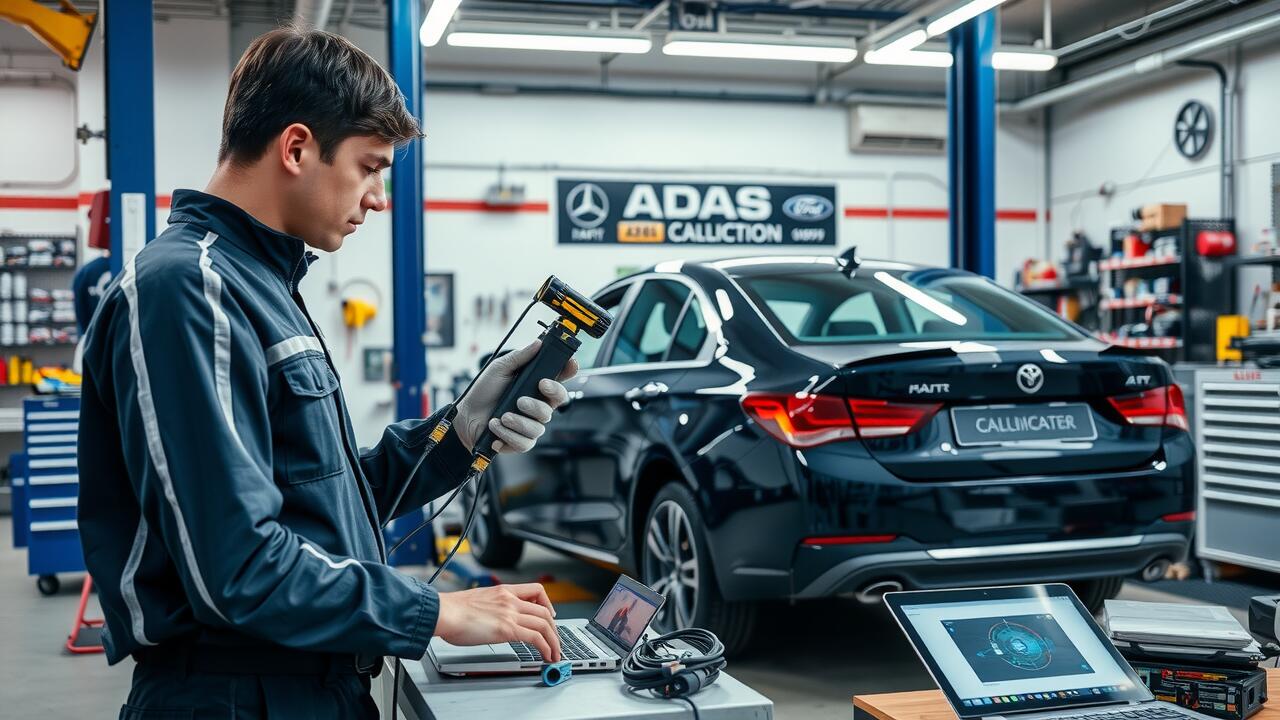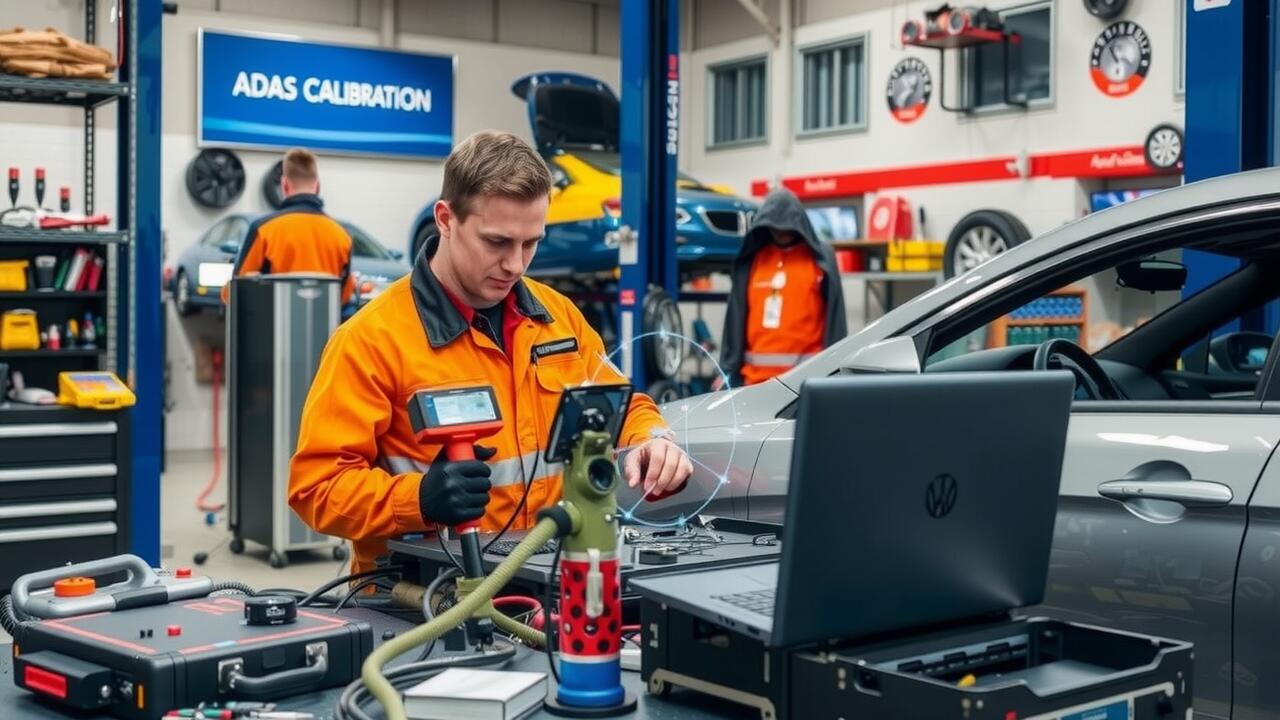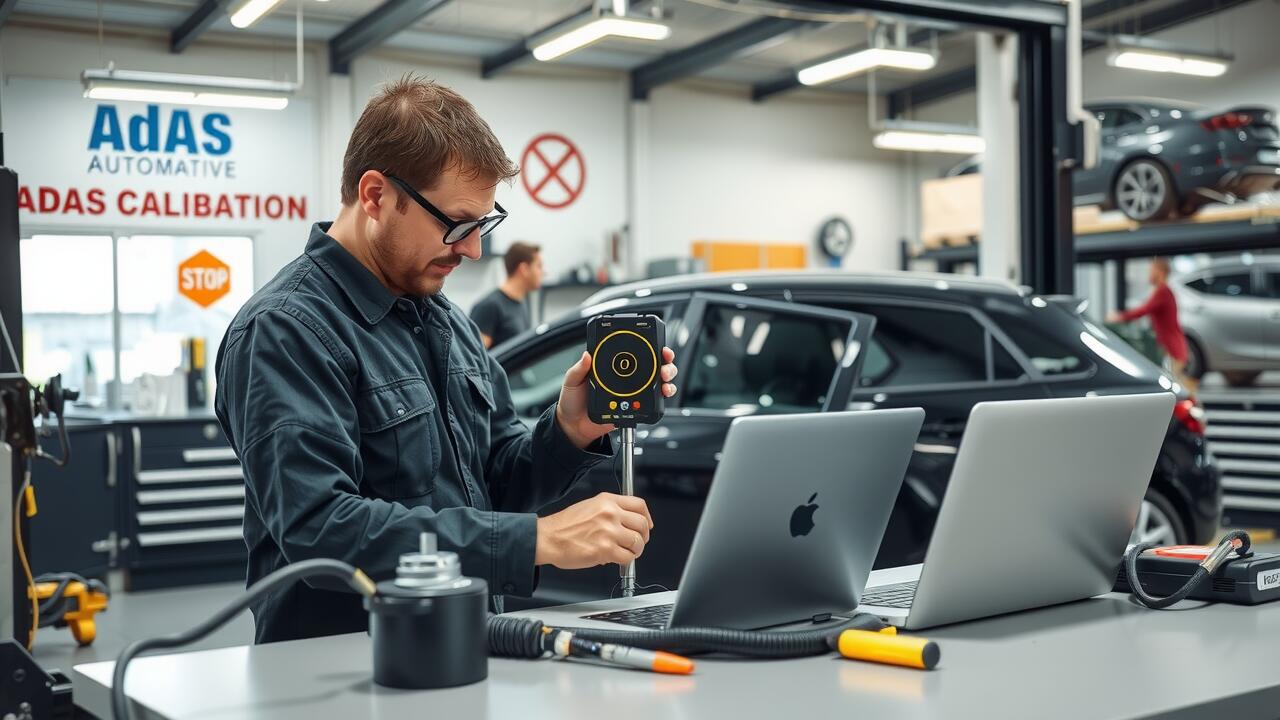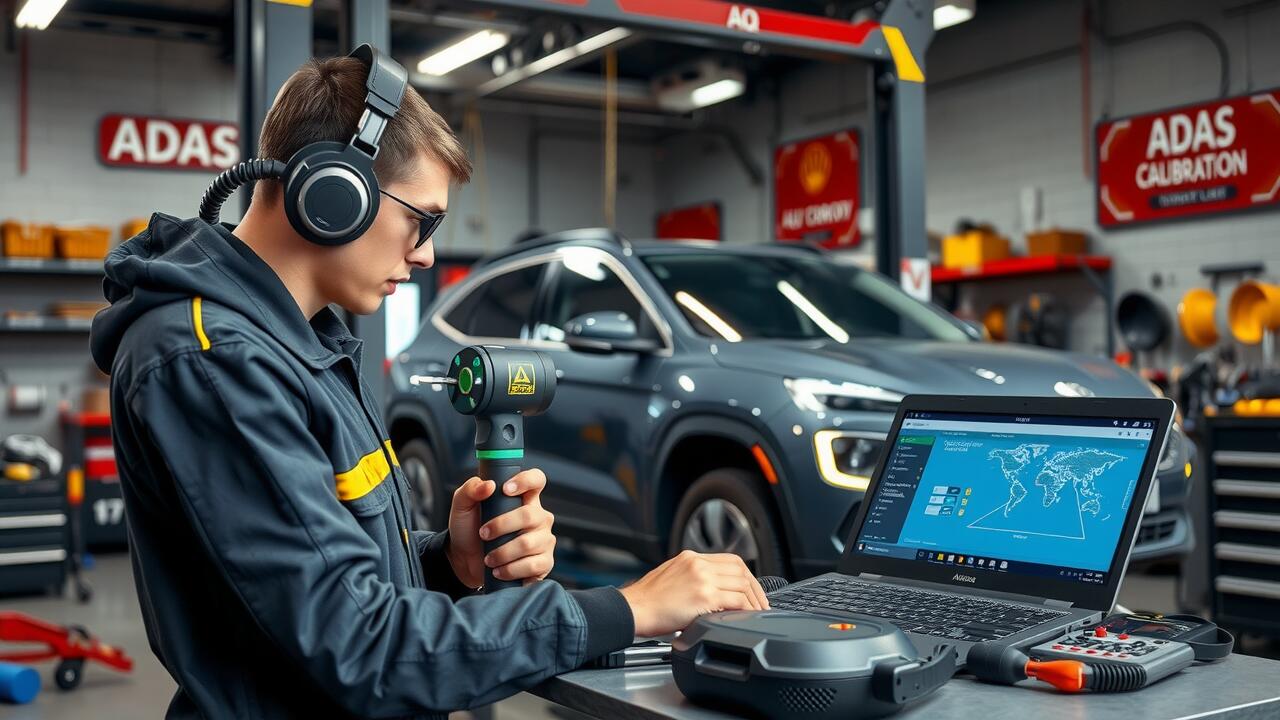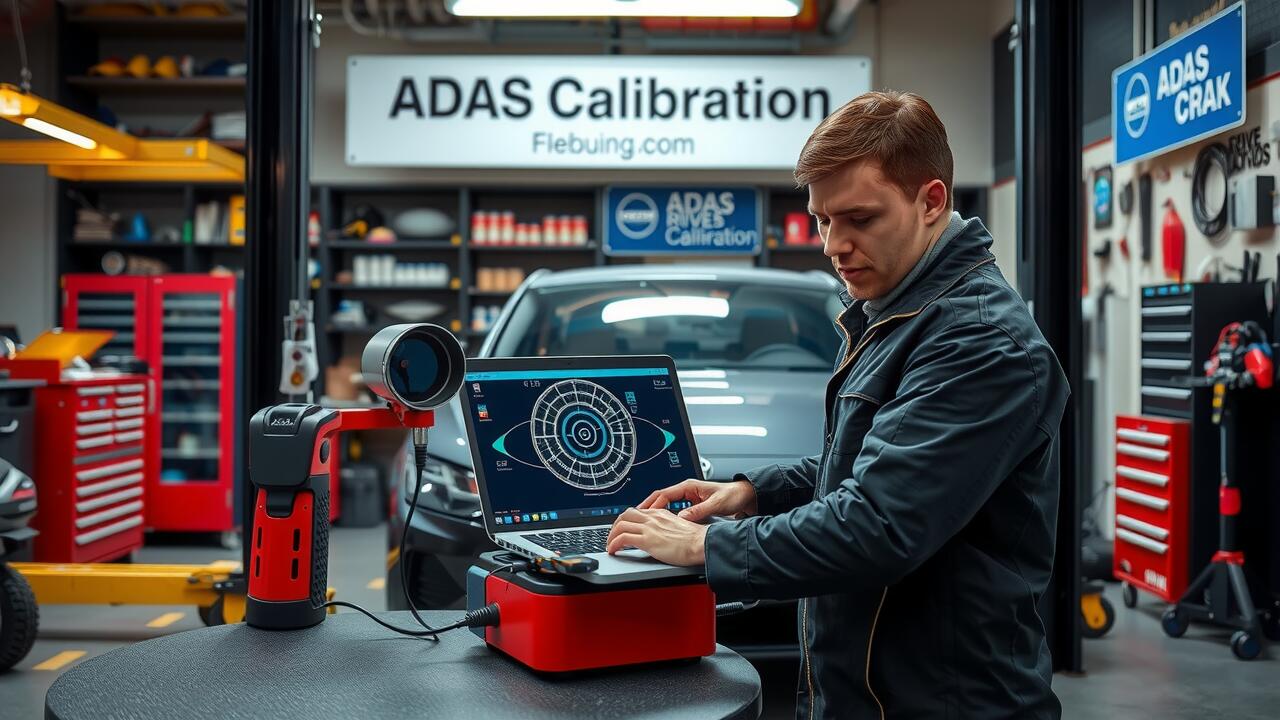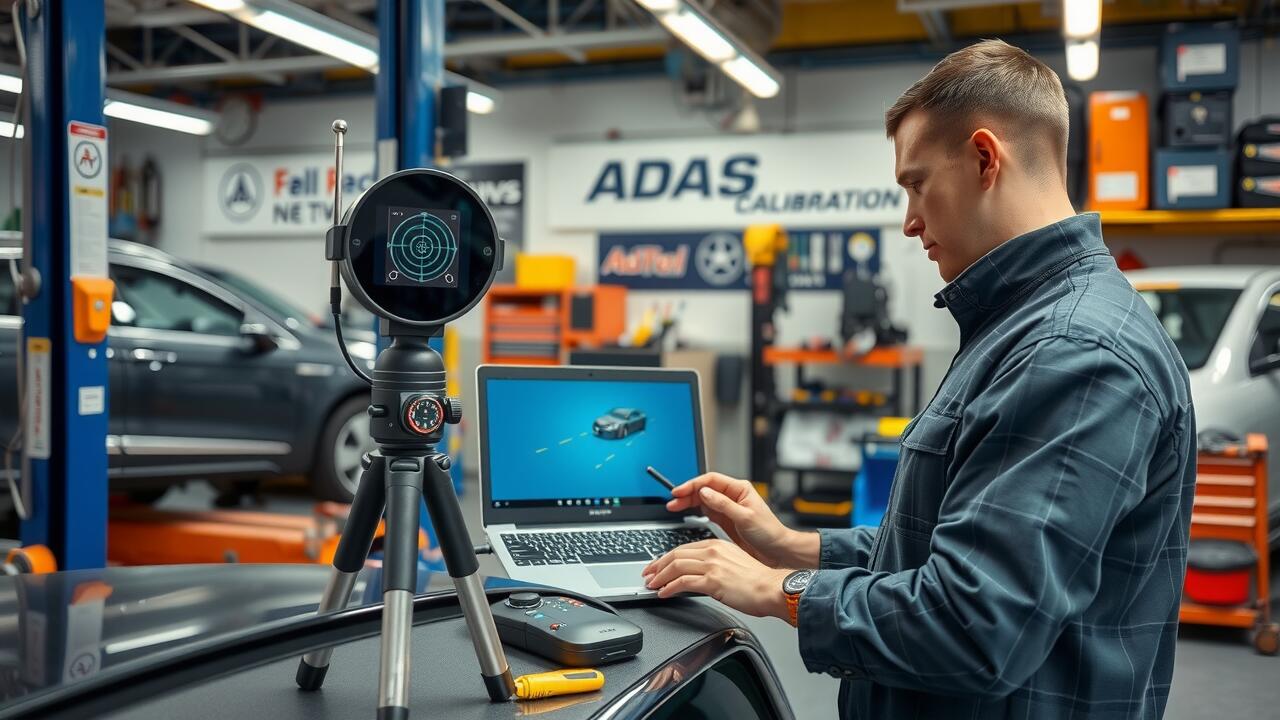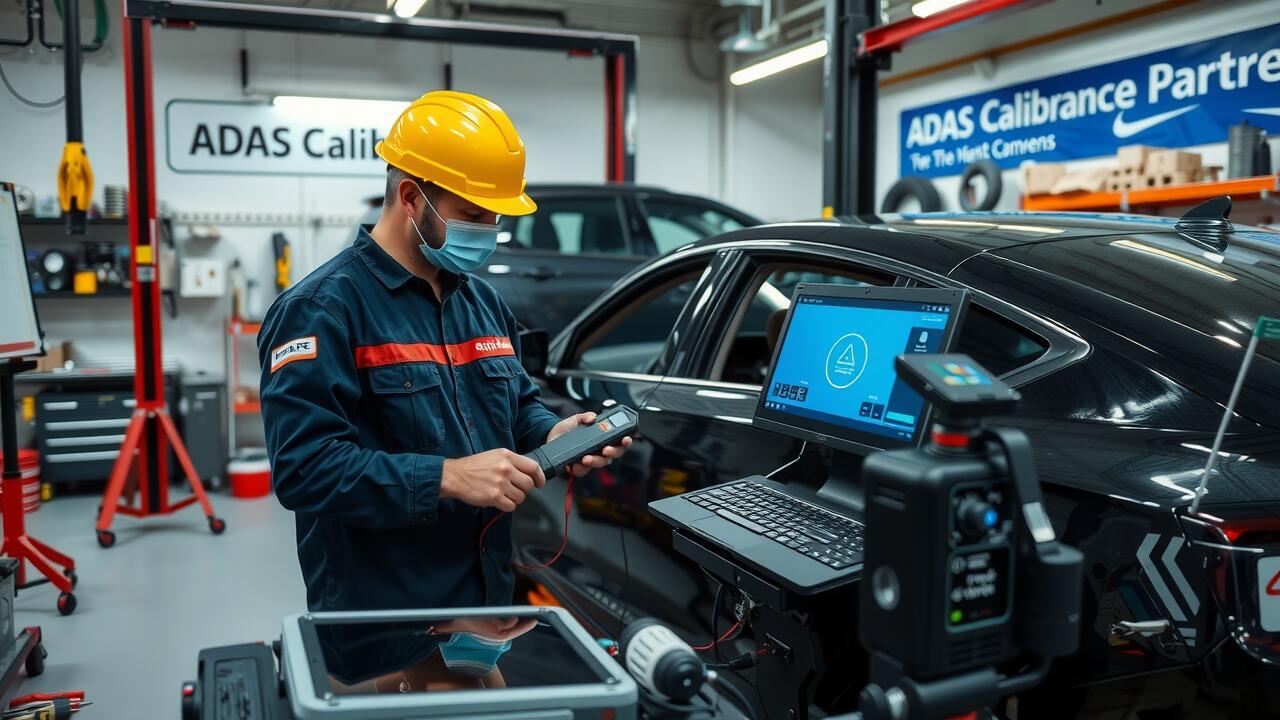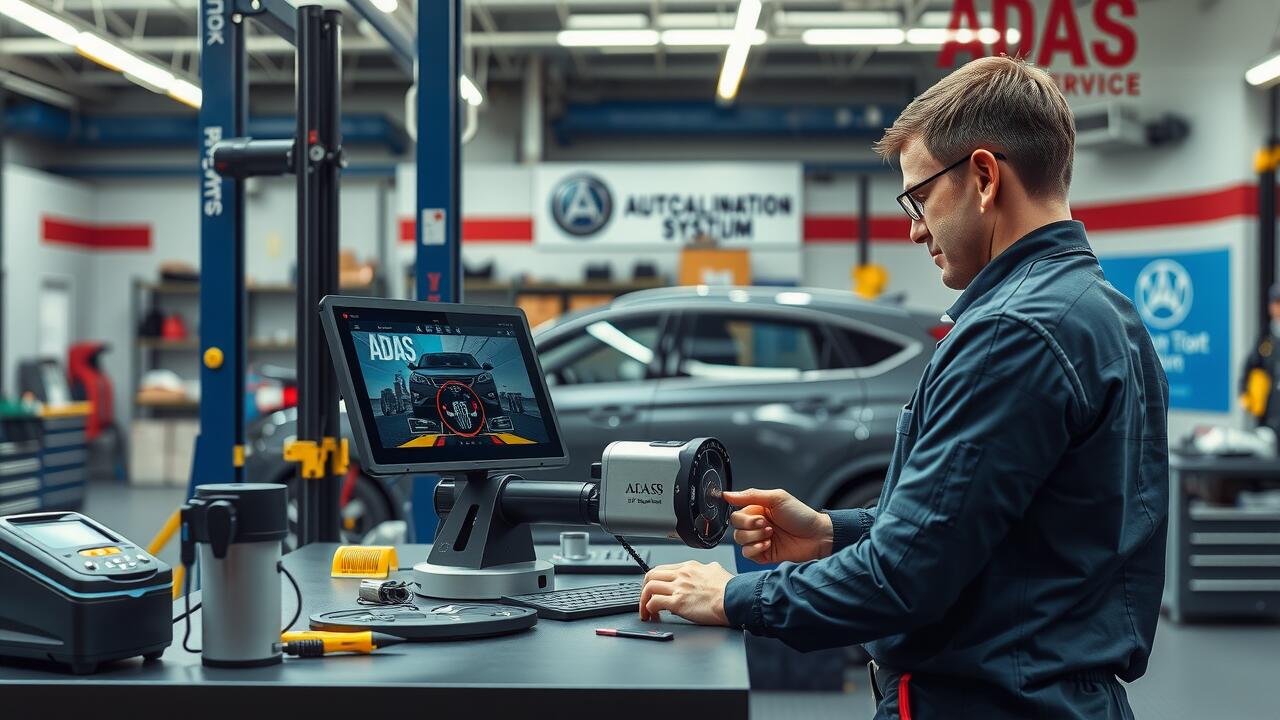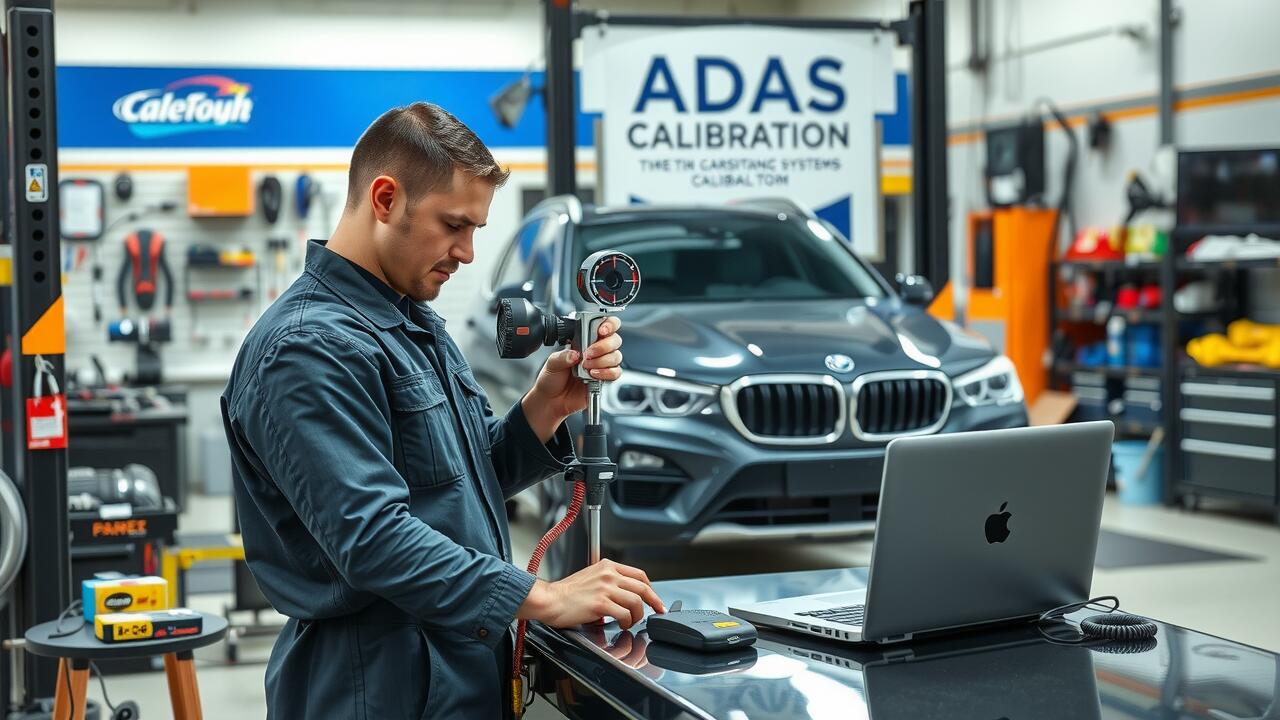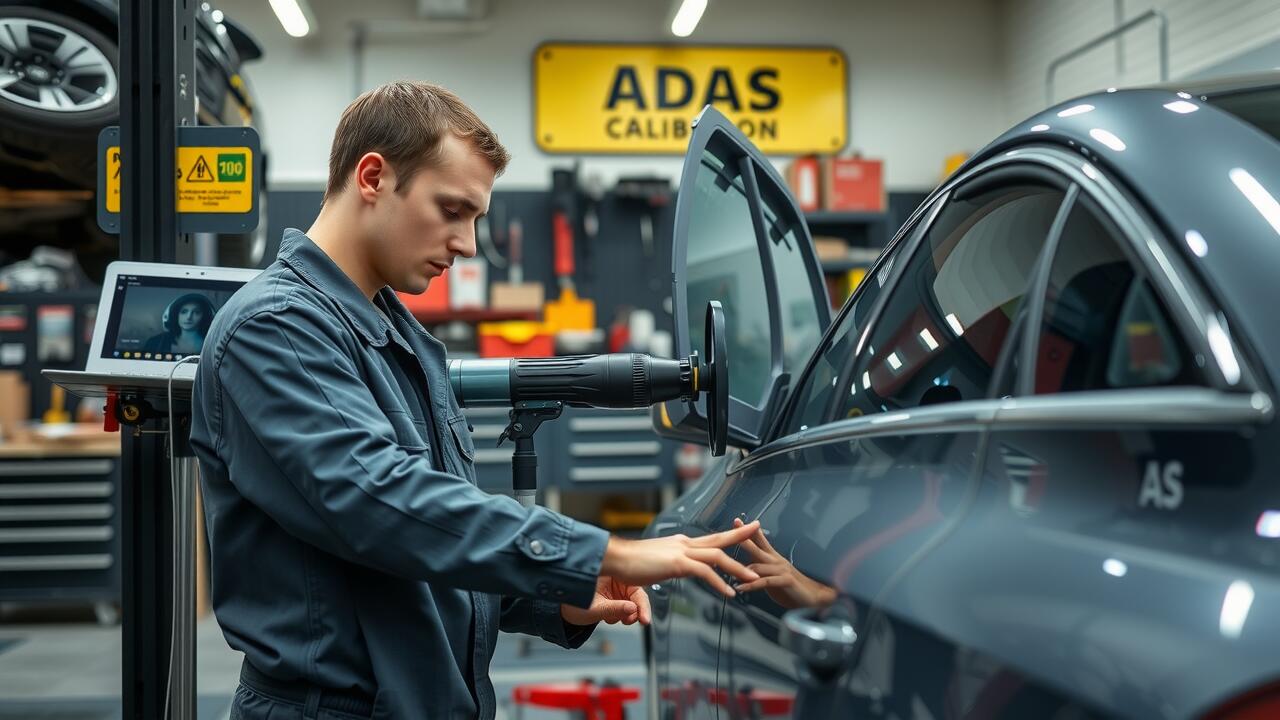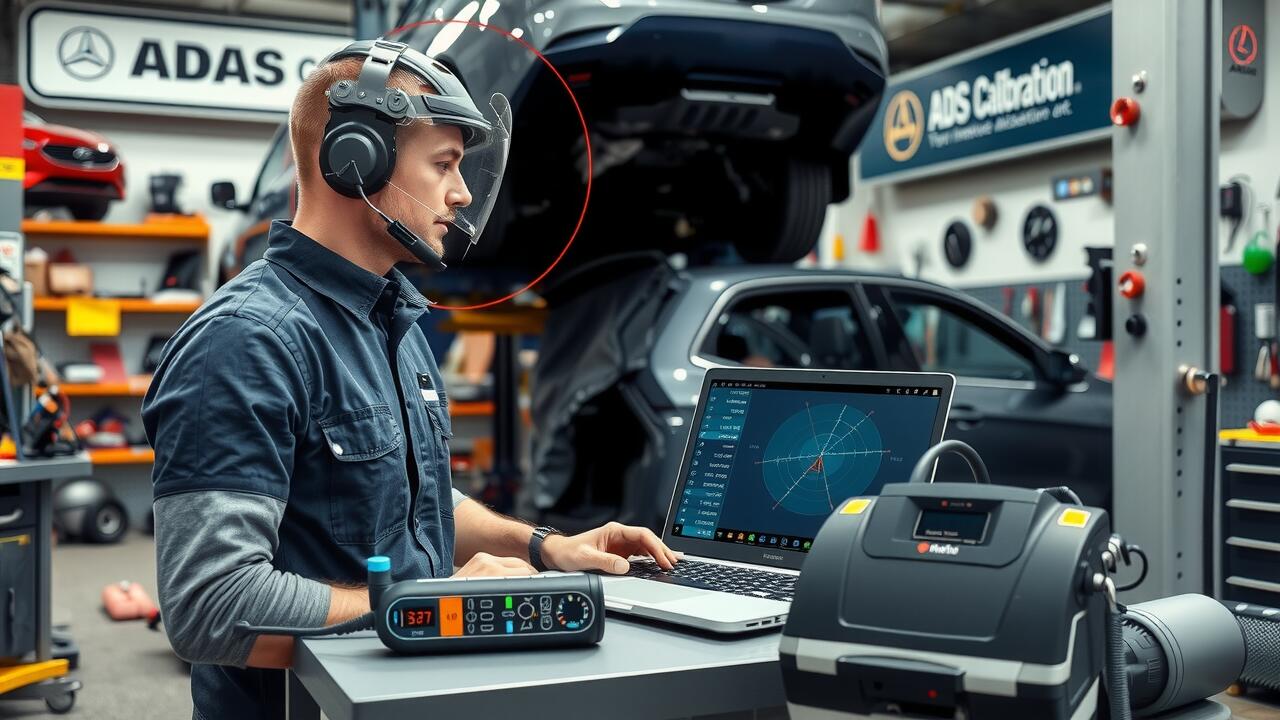
Table Of Contents
When to Seek Professional Help
Certain signs indicate it's time to seek professional help for your windshield calibration. If you have experienced a collision, even a minor one, the structural integrity of your vehicle’s glass may have been compromised. Additionally, if your car's Advanced Driver Assistance Systems (ADAS) show errors or warning lights, it likely means a recalibration is necessary. Understanding how these systems rely on precise calibration ensures your safety on the road.
Professional assistance becomes crucial, especially when employing ADAS diagnostics, which require specialised equipment and expertise. Without the right tools and knowledge, attempting to calibrate these systems yourself can lead to further complications. Seeking help from a certified technician guarantees that not only will your windshield be calibrated correctly, but also that all related systems will function as intended.
Knowing the Right Time
Recognising when to recalibrate your windshield is crucial for optimal vehicle safety and performance. After any incident involving windshield replacement or significant structural damage to the vehicle, recalibration becomes necessary. This is particularly the case if your vehicle is equipped with Advanced Driver Assistance Systems, as these features rely on accurate sensor alignment. Regular maintenance checks can also help determine if ADAS diagnostics indicate the need for recalibration.
Environmental factors can impact the effectiveness of your windshield sensors, which may necessitate recalibration as well. Frequent driving on rough terrain or in extreme weather conditions can disrupt the fine-tuning required for these systems. When in doubt, consulting a professional for ADAS diagnostics can provide clarity on whether your vehicle requires immediate attention. Understanding these timings can enhance your driving experience and ensure safety on the road.
DIY vs. Professional Calibration
For car owners who are considering DIY calibration, there are some important factors to contemplate. While basic calibration kits are available for those who are handy, the precision required for Advanced Driver Assistance Systems (ADAS) diagnostics often makes this approach risky. Inaccurately calibrated systems can lead to malfunctioning safety features, which could compromise both the vehicle's performance and the safety of its occupants.
On the other hand, opting for professional calibration ensures that the job is done correctly. Professionals possess the specialised equipment needed for comprehensive ADAS diagnostics, along with the expertise to interpret the results accurately. This choice not only promotes optimal vehicle functionality but also provides peace of mind, knowing that experienced technicians have conducted the calibration.
Weighing the Pros and Cons
When considering whether to undertake a DIY approach or hire a professional for windshield calibration, understanding the advantages and disadvantages of each option is vital. DIY calibration can be tempting due to the potential cost savings and convenience of doing it at home. However, this route may lack the precision that professional services provide. Professionals utilise specialised tools and ADAS diagnostics, ensuring that the calibration is performed accurately to maintain vehicle safety and functionality.
On the other hand, professional calibration services come with a higher price tag. Yet, they offer expert knowledge and experience that can significantly reduce the risk of errors that might compromise the Advanced Driver Assistance Systems (ADAS). Furthermore, these services often guarantee proper calibration, which is crucial for optimal vehicle performance and safety. Weighing these pros and cons is essential for making an informed decision about how to proceed.
Cost and Time Considerations
The cost of recalibrating your vehicle's windshield can vary significantly based on a few factors. Labour charges, the type of calibration required, and the specific make and model of your vehicle all play a role in determining the final price. Some workshops may offer package deals that include ADAS diagnostics, which can help ensure all related safety systems are functioning correctly after recalibration. It's advisable to get quotes from several providers to compare services and prices before making a decision.
Time is another crucial factor when considering windshield recalibration. A straightforward calibration may take only an hour, but more complex cases could require several hours, particularly if ADAS diagnostics are involved. Understanding the time commitment can help you plan accordingly, especially if the vehicle is your primary mode of transportation. If you're considering a professional service, inquire about estimated turnaround times to avoid any inconveniences while your car is in the shop.
Budgeting for Calibration Services
Calibrating your windshield, especially when it features advanced systems, involves considerable costs. Many service centres will charge a fee that typically includes both the calibration process and the necessary ADAS diagnostics. While these prices may vary depending on the complexity of the system and the specific make and model of your vehicle, it is essential to factor this expense into your budget after a windshield replacement or repair. Ignoring the need for calibration might lead to further expenses down the line if your vehicle’s safety systems aren’t functioning correctly.
When planning your budget, consider not only the calibration costs but also the potential need for specialised equipment or software associated with ADAS diagnostics. This technology is crucial for ensuring that all sensors and cameras are aligned correctly, which can impact vehicle safety and performance. It may be worthwhile to compare prices between local service providers and check if they offer package deals that include calibration with other services. Taking the time to thoroughly investigate options can help you make an informed decision that aligns with your financial situation.
FAQS
What does recalibrating a windshield involve?
Recalibrating a windshield involves adjusting the vehicle's camera and sensor systems to ensure they function correctly after the windshield has been replaced or repaired. This process is essential for safety features like lane departure warnings and automatic emergency braking.
When is it necessary to recalibrate my windshield?
You should consider recalibrating your windshield if you have had a new windshield installed, if your vehicle has been involved in an accident, or if you have noticed any malfunctions in the vehicle's safety systems that rely on the windshield sensors.
Can I perform a windshield calibration on my own?
While some basic checks can be carried out by vehicle owners, professional calibration is recommended for accuracy and safety. Incorrect calibration can lead to malfunctioning safety features, which could increase the risk of accidents.
How much does windshield recalibration typically cost?
The cost of windshield recalibration can vary depending on the service provider and the vehicle make and model. Generally, you can expect to pay between $100 and $500 for professional calibration services.
How long does the recalibration process take?
The recalibration process typically takes between 30 minutes to a few hours, depending on the vehicle and the specific service provider. It's best to check with the technician for a more accurate estimate based on your individual situation.
